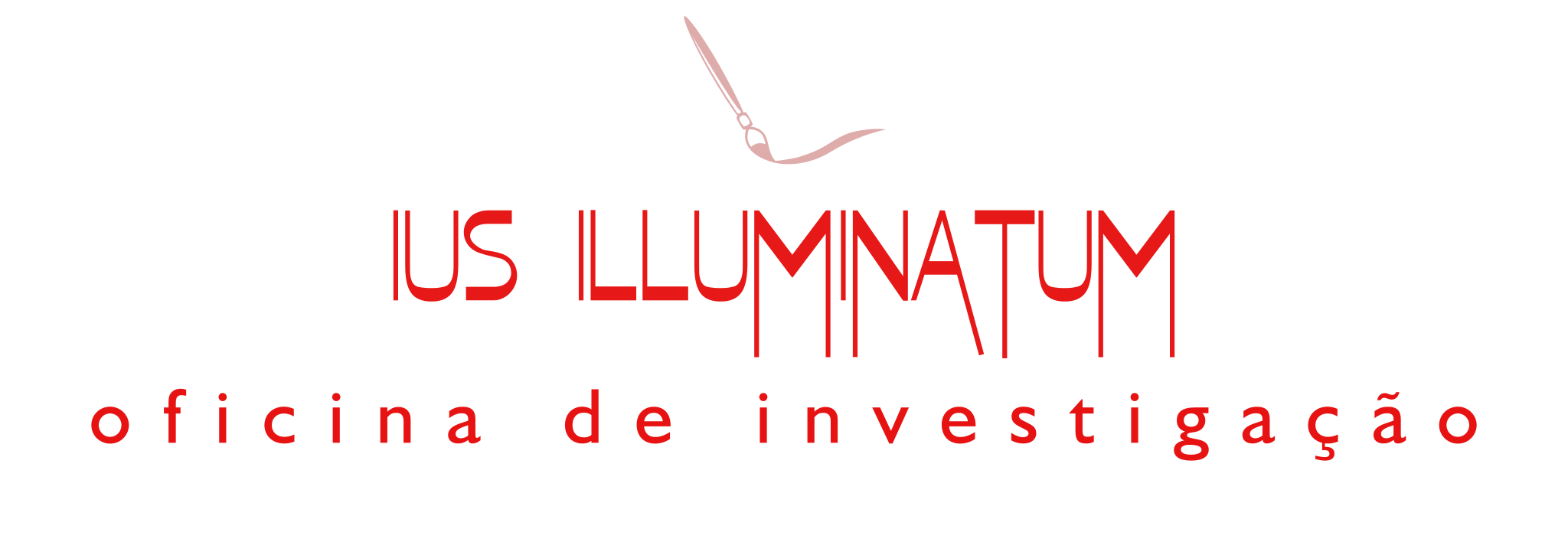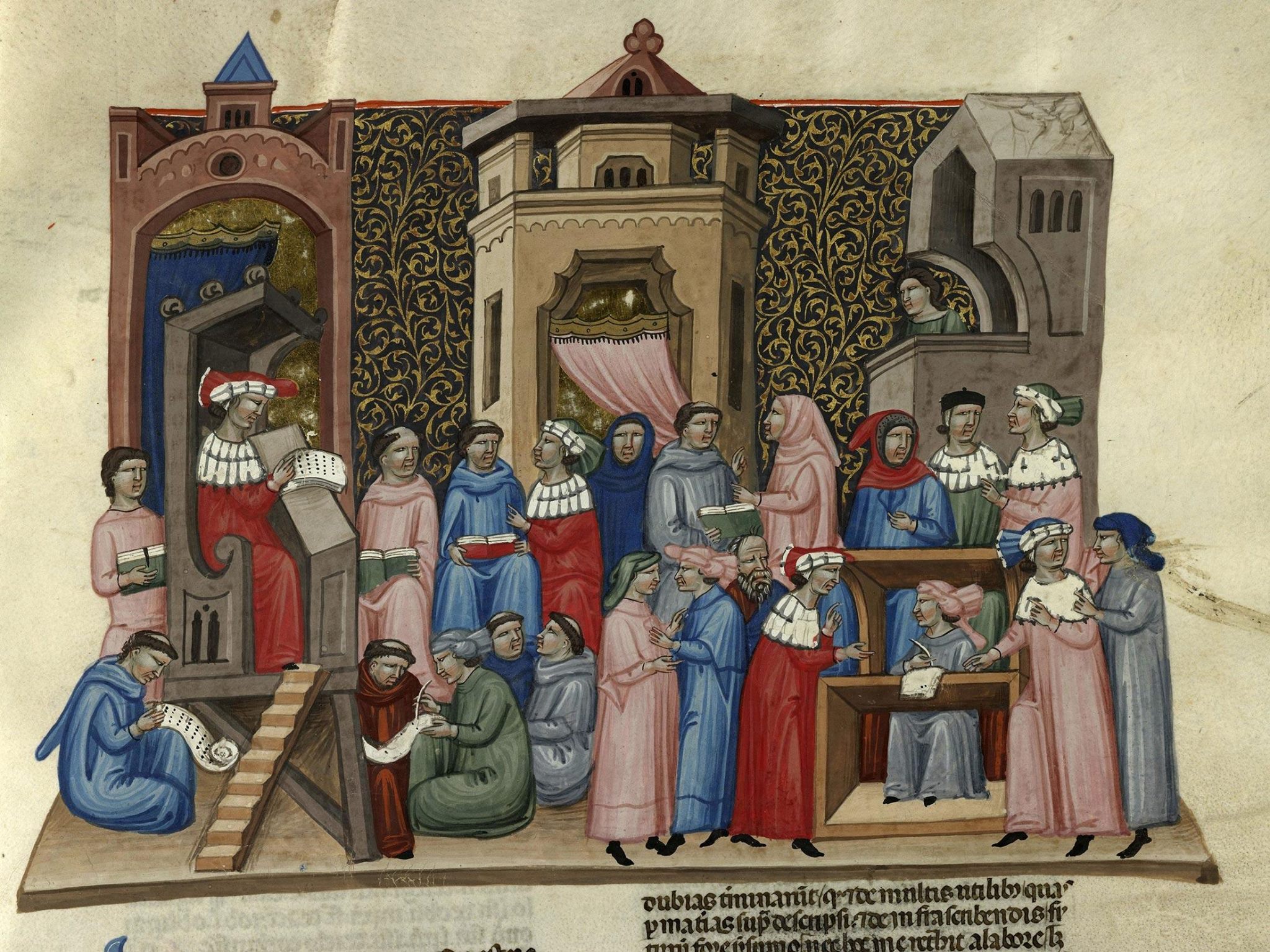
Principal Investigator and Coordinator

Maria Alessandra Bilotta – Faculdade de Ciências Sociais e Humanas (NOVA FCSH), Instituto de Estudos Medievais (IEM), Lisboa
Research areas in IUS ILLUMINATUM: Illuminated Legal Manuscripts of the French Midi; Illuminated Legal Manuscripts Preserved in Portugal; Circulation of Legal Manuscripts in the North of the Mediterranean (South of France; Italian Peninsula, Iberian Peninsula); Iconography
Maria Alessandra Bilotta is an art historian, medievalist, researcher of the Faculty of Social and Human Sciences at NOVA University in Lisbon and integrated researcher at the Institute for Medieval Studies (IEM) of the same university. She holds the annual Diploma in Archiving from the Vatican Archives and the Diploma in Library Science from the Vatican School of Library Science; she also holds the European Diploma in Medieval Studies (Diplôme Européen d’Études Médiévales – DEEM) from FIDEM (International Federation of Institutes for Medieval Studies/Fédération Internationale des Instituts d’Études Mediévales). From the academic year 2003-2004 until the academic year 2007-2008 he taught the course of Codicology II (decoration) at the same Diploma. She is a member of the Ménéstrel network. Medievalists on the net: sources, works and online references as editor (she is the editor of the Portugal column and co-editor of the Illuminations and Medieval Lisbon columns). Currently, her research focuses on the medieval illuminated legal manuscripts from the South of France, on illuminated medieval legal manuscripts preserved in Portugal, and on the circulation of foreign legal manuscripts (particularly from southern France) in the Iberian Peninsula. Her research interests also include the study of medieval liturgical manuscripts, the analysis of artistic transfers, and the archaeological aspects of medieval manuscripts. Her doctoral thesis focused on the production of illuminated manuscripts for use of the papacy during the Middle Ages (6th-13th centuries) and was published by the Vatican Library in 2011 (M.A. Bilotta, I Libri dei papi – La Curia, il Laterano e la produzione manoscritta ad uso del papato nel Medioevo (secoli VI-XIII), Città del Vaticano, Biblioteca apostólica Vaticana, 2011 – Studi e Testi, 465). She was scientific curator of the following exhibitions: “Le parement d’autel des Cordeliers de Toulouse: Anatomie d’un chef d’oeuvre du XIVe siècle” (Toulouse, Musée Paul Dupuy, 13 March – 13 June 2012); “A Circulação do Direito na Europa Medieval: Manuscritos Jurídicos Europeus em Bibliotecas portuguesas” (Lisbon, Biblioteca Nacional de Portugal, 26 of February – 31 of May of 2016). Among the several international workshops and conferences she has organised and coordinated are: “O estudo dos manuscritos iluminados e dos artefactos na Arqueologia da Idade Média: metodologias em comparação” (Lisbon, February 13, 2015); “Circulations juridiques et pratiques artistiques, Intelectuais et culturelles en Europe au Moyen Âge (XIIIe – XVe siècle) – Medieval Europe in Motion 3” (Lisbon, FCSH-UNL – National Library of Portugal, 25-27 February 2016).
Honorary Members
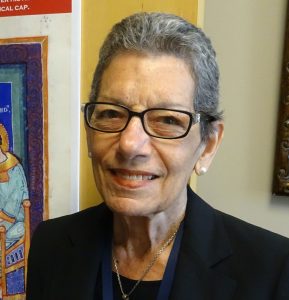
Susan L’Engle – Saint Louis University
Susan L’Engle (Ph.D. Art History, Institute of Fine Arts, New York University, 2000) is an art historian and manuscript scholar, specializing in the codicology and illumination of medieval manuscripts of canon and Roman law. She is currently writing a book that explores pedagogical methods in the study of Roman law as evidenced by readers’ textbook annotations. Recent publications include “Three Manuscripts of the Roman de Troie: Codicology, Pictorial Cycles, and Patronage,” in Allen Mären ein Herr = Lord of all Tales: Ritterliches Troja in illuminierten Handschriften = Chivalric Troy in Illuminated Manuscripts, ed. Constanza Cipollaro & Michael Viktor Schwarz (Vienna, 2017), 67–128; “Staging the Liber Regulae,” in Caritas im Schatten von Sankt Peter, Der Liber Regulae des Hospitals Santo Spirito in Sassia: Eine Prachthandschrift des 14. Jahrhunderts, ed. Gisela Drossbach and Gerhard Wolf, Studien zur Geschichte des Spital-, Wohlfahrts- und Gesundheitswesens 11 (Regensburg, 2015), 91–103, and “The Pro-active Reader: Learning to Learn the Law,” in Medieval Manuscripts, Their Makers and Users: A Special Issue of Viator in Honor of Richard and Mary Rouse (Turnhout, 2011), 51–75. Employed from 2002–2017 in the Vatican Film Library at Saint Louis University (SLU), she edited and co-edited the journal Manuscripta, curated annual manuscript exhibitions from the VFL teaching collection, and taught codicology and manuscript studies to students and professionals. Recently retired, she is now affiliated with the SLU Center for Medieval and Renaissance Studies, where she continues to publish the triannual newsletter Manuscripts on My Mind and to organize and run the annual Saint Louis Conference on Manuscript Studies.
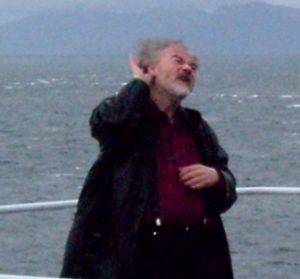
Robert Gibbs – University of Glasgow
Robert J. Gibbs is professor emeritus and an Honorary Senior Research Fellow of the School of Culture and Creative Arts, University of Glasgow, where he still lives. His research was principally devoted to Bolognese painting, 1200-1425, illuminated law manuscripts, and Italian medieval art as a whole. The recognition of the nature and meaning of dress in medieval art remains a major concern of his, as well as the problem of Ferrer Bassa and Pedralbes, medieval art in Scotland and the Scottish 19th-century Gothic architect F. T. Pilkington. His books include Flavio Boggi, Robert Gibbs, Lippo di Dalmasio, “Assai valente pittore”, Bologna, 20138; Susan L’ Engle and Robert Gibbs, Illuminating the Law: Medieval Legal Manuscripts in Cambridge Collections, and Tomaso da Modena: Painting in Emilia and the March of Treviso, 1340-80, Cambridge University Press, 1989. His current concerns include medieval personal seals and the independence of Scotland within Europe.
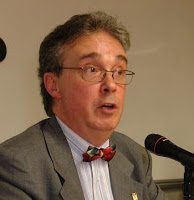
Gaspar Coll i Rosell – Universitat de Barcelona
Gaspar Coll obtained with distinction the Licentiate (1984) and the Doctorate (1992). He is a Postgraduate from the UB in Academic Policy (2005). He was a Fellow F.P.I. (1987-1989) and he was Associate Professor and Interim Head (1989-1995), and since then Head of the university. He teaches at all academic levels and carries on research in the fields of Ancient and Medieval Art and Cultural Heritage. He is a member of the consolidated research group E.M.A.C. (Romanesque and Gothic) and has participated in several competitive projects, for instance the latest was on Justice and Judgment in medieval and modern art (2017-2020). He was a member (2016 to 2019) of the European project Accomplish on the social impact of the Humanities. He published the doctoral thesis Manuscrits Jurídics i Il·luminació (Curial – Abadia de Montserrat, 1995) and is the author of numerous articles, book chapters and lectures at specialized academic congresses. He has directed several doctoral theses on manuscripts and medieval art. He has participated in several teaching innovation projects at the UB and MQR. He was the Coordinator of the Libro Blanco para el Grado de Historia del Arte (ANECA, 2004-2005) and of the Memòria del Grau d’Història de l’Art at the UB (2008-2009). Since 2005 he has been a member of the Faculty and the Governing Council of the UB. He also was a member of the Board of the Faculty of Geography and History (from 1998 to 2016). Academic responsibilities carried out: Head of Studies, Vice Dean and Deputy Vice Minister for Planning and Academic Planning (1998-2008). Director of the Department of Art History (2009 -2013). He was a member of the Board of Directors of the UB and was delegated the Commissioner of the rector of the Humanities and Social Sciences Park during 2012-2016. He will retire in September 2019.
Team Members
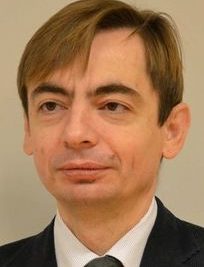
Arkadiusz Adamczuk – Katolicki Uniwersytet Lubelski Jana Pawła II, Lublin
Research areas in IUS ILLUMINATUM: Legal Illuminated Manuscripts of Poland
Arkadiusz Adamczuk is an art historian, born in 1974. He studied at the Catholic University of Lublin “John Paul II” where he defended his doctoral thesis in 2016. He works at the Library of the Catholic University of Lublin, in the Department of Special Collections. He was a recipient of scholarships from the Catholic University in Leuven in 2002, the Catholic Institute of Paris in 2005 and the Catholic University of the Sacred Heart in Milan in 2015. He was trainee at the National Library of France and the University Library of Milan. His scientific interests include the iconography and the iconology of the law and the illustration of ancient books; and also the iconographic aspect of comic books and of the pilgrimage to Santiago de Compostela (which he has made twice). He is the author of the book Prawo i obraz w miniatorstwie średniowiecznym, Iluminowany rękopis Concordia discordantium canonum Gracjana w zbiorach KUL BU, Lublin 2009. (The law and the image in medieval illumination. The illuminated manuscript of Gratian’s “Concordia discordantium canonum” in the collection of the Library of the Catholic University of Lublin) and of several articles published in scientific journals. He is currently working on the Polish translation and edition of the fifth book of the Liber Calixtinus, comprising a guide for the Route to Santiago de Compostela
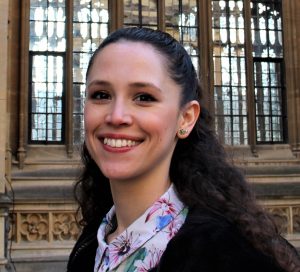
Maria Teresa Chicote Pompanin – Durham University
Research areas in IUS ILLUMINATUM: Archival Legal Documents, Preserved in Spain
Maria Teresa Chicote Pompanin is an Assistant Professor at the Universidad Complutense in Madrid. She completed her PhD at the Warburg Institute (2020) and then worked as a Postdoctoral Researcher at Durham University (2020-2021) and the Universidad Nacional de Educación a Distancia, Madrid (2021-2022). Her research focuses on how artistic and cultural patronage was used in the construction of historical figures and understanding how medieval artworks were reinterpreted and used in the early modern period. She has co-organised several international conferences and seminars on these and related topics. Maria Teresa has been awarded several research fellowships in prestigious institutions like the Zentralinstitut für Kunstgeschichte (2022), Casa de Velázquez (2109), Spanish Royal Academy in Rome (2017/2018) and the Complutense University of Madrid (2012/2013). The results of her research have been published in various journals (Archivo Español de Arte, Goya, Journal of Church History and Religious Culture, Codex Aquilarensis) and in collective books. At the end of 2023, her book Art Patronage and Conflicting Memories in Early Modern Iberia: The Marquises of Villena will be published in the Routledge Research in Art History Series.

Bertrand Cosnet – Université Lille – IRHiS
Research areas in IUS ILLUMINATUM: Imagery of Virtues in Illuminated Legal Manuscripts
Bertrand Cosnet is a lecturer in Medieval art history at the Université de Lille (U-Lille) since 2017 and is a member of the laboratory IRHIS (Institut de Recherches Historiques du Septentrion – UMR 8529) where his work lies within the framework of « Usages critiques du numérique dans les sciences historiques, artistiques et archéologiques » and « Processus de création et pratiques ». Between 2009 and 2016 he carried on research at the Université de Tours with the CESR (Centre d’Études Supérieures de la Renaissance) which focused on art in the Italian Peninsula during the 13th and 14th centuries. His doctoral thesis, defended in 2011, entitled L’imagerie morale italienne (vers 1315-vers 1415) : figurer et personnifier les vertus selon les ordres mendiants et les communes toscanes studied the constitution and the role of moral imagery in the context of Medicant Orders and Urban Republics. His research now includes the question of intermediality and processes of transfer and iconographic exchange in Gothic Europe, in particular in relation to the spread of legal images and manuscripts on a monumental scale. On that topic, Bertrand Cosnet has alrealdy contributed to symposia, among which the International symposium The Art of Law: Artistic Representations and Iconography of Law & Justice in Context from the Middle Ages to the First World War, organised in 2017 by the Flemish Research Center for the Arts in Burgundian Netherlands and the symposium Les lieux de délibérations. Espaces, décors, dispositifs en Europe du Moyen Âge au temps présent organised in 2020 by the Université de Franche-Comté.

Stefan Drechsler – University of Bergen
Bibliography until 2021
Research areas in IUS ILLUMINATUM: Northern Europe Production of Legal Illuminated Manuscripts
Stefan Drechsler’s principal research interests lie in the fields of Old Norse Philology and Art History. He is particularly interested in the literary and artistic exchange of Scandinavia with other parts of Europe during the High Middle Ages. Currently, he is employed as Postdoctoral Research Fellow at the Department of Linguistic, Literary and Aesthetic Studies at the University of Bergen, Norway. The aim of his project “Law Manuscripts of Western Scandinavia” is to shed new light on Icelandic and Norwegian law manuscripts produced in the period 1250–1650. In the spirit of the Material Philology, he examine the hypothesis that the manuscript design, content and arrangements of the largely vernacular law texts and iconographic programs displayed in these manuscripts are not rooted in Scandinavia exclusively, but also derive from France and England, two parts of medieval Europe which were in close contact with the North in the Middle Ages and Early Modern times. Accordingly, this project will provide new insights into the international movements of medieval people through pictorial and textual evidence. In this respect, the project sets the medieval Scandinavian laws within their European context.
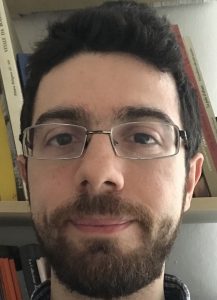
Gianluca del Monaco – Alma Mater Studiorum – Università di Bologna
Research area in IUS ILLUMINATUM: Bolognese Legal Manuscripts
Gianluca del Monaco is senior assistant professor in the History of Medieval Art at the Department of the Arts (DAR) of the University of Bologna, where he teaches courses for the Master’s Degree programme in Visual Arts.
He earned a PhD in the History of Art at the University of Bologna (2012). He was a fellow at the Fondazione Roberto Longhi in Florence (2012–2013) and a research fellow at the Department of the Arts/University of Bologna (2015–2018). He also received a Getty/ACLS Postdoctoral Fellowship in the History of Art (2018–2019). He mainly taught academic courses in the History of Medieval Art (L-ART/01) and the History of Art Criticism (L-ART/04) at the Universities of Bologna and Udine.
His research interests focus on Romanesque and Gothic painting and book illumination in Bologna and Emilia, alongside a special consideration for illuminated legal manuscripts in Italy from the twelfth century onwards. He presented papers in many international conferences, like the Annual Saint Louis Conference on Manuscript Studies, the International Congress on Medieval Studies in Kalamazoo, the International Medieval Congress in Leeds, and the Medieval Europe in Motion 3 International Conference in Lisbon. He is the author of articles and essays in peer-reviewed volumes and journals, including Arte Cristiana, Clio@Themis, Convivium, Paragone, and Rivista di Storia della Miniatura. He published two academic monographs: Simone di Filippo detto “dei Crocifissi”. Pittura e devozione nel secondo Trecento bolognese, Padua, Il Poligrafo, 2018, and L’Illustratore e la miniatura nei manoscritti universitari bolognesi del Trecento, Bologna, Bononia University Press, 2018. Along with Maria Alessandra Bilotta, PI of ‘IUS ILLUMINATUM’, he edited a monographic number of the open access journal Eikón/Imago, devoted to Imago, ius, religio: Religious Images in Illustrated Legal Manuscripts and Printed Books (9th-20th Centuries), issued in 2023. His research area in ‘IUS ILLUMINATUM’ focuses on the illumination of Bolognese legal manuscripts.
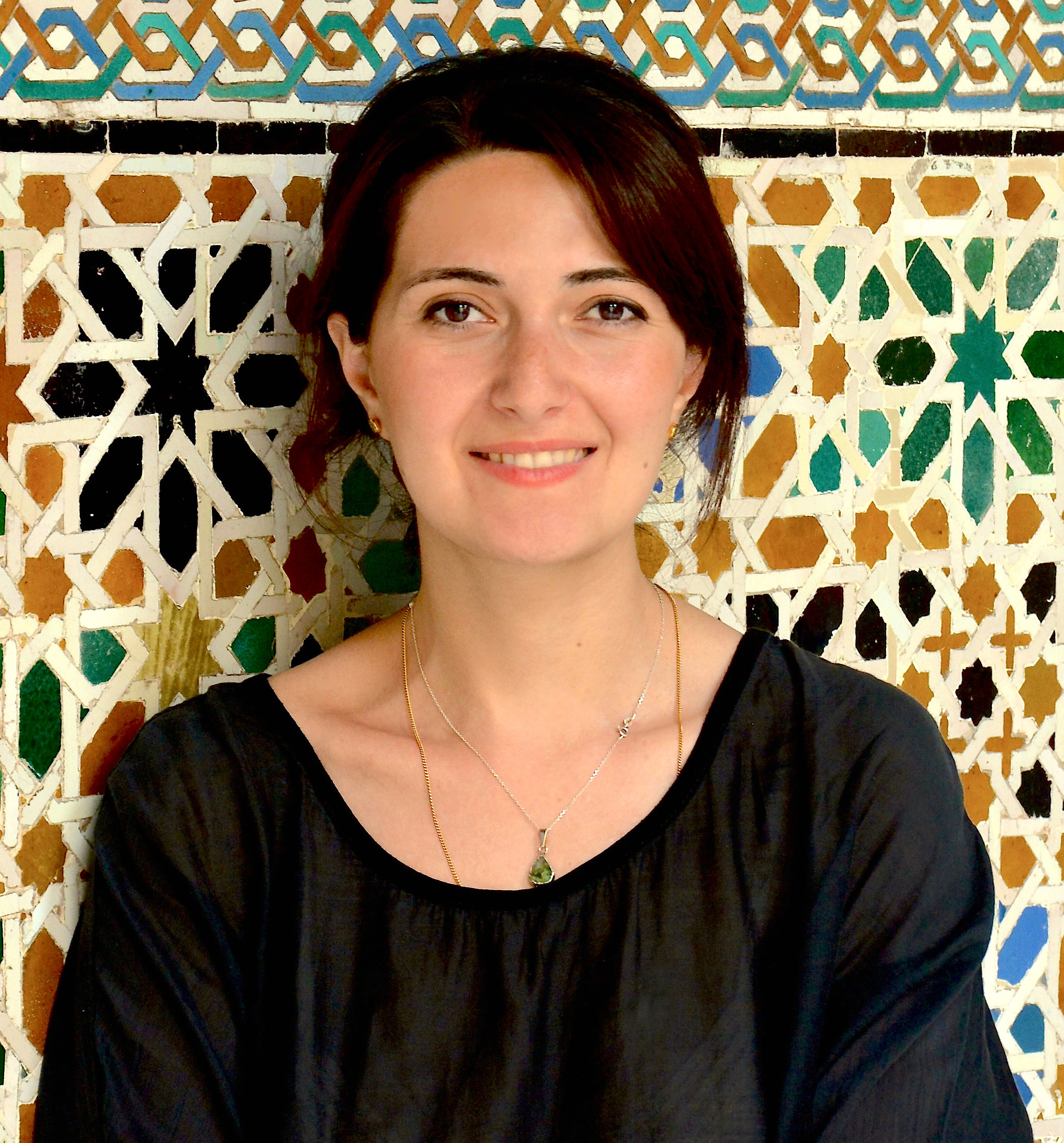
Eter Edisherashvili – Tbilisi State Academy of Art – George Chubinashvili National Centre for Georgian Art History and Heritage Preservation – Korneli Kekelidze Georgian National Centre of Manuscript
Bibliography until 2021
Research areas in IUS ILLUMINATUM: Georgian Historical Documents from the Late Medieval and Early Modern Time (Royal Charters)
Art Historian, PhD Student at Tbilisi State Academy of Art, Researcher at George Chubinashvili National Centre for Georgian Art History and heritage preservation and Korneli Kekelidze Georgian National Centre of Manuscripts. Her field of research involves illumination of Georgian historical documents and manuscripts from the Medieval and Early Modern Era; intersections in Georgian medieval and early modern art, and their study in historical, cultural, religious and secular contexts. Within a frame of her PhD thesis she worked on different aspects of her research at the University of Heidelberg, Institute of Byzantine Archeology and Art history (Coimbra Group Scholarship Programme, 2018), British library, London and Suleymaniye Library in Istanbul (Educational grant for Doctoral students, Shota Rustaveli National Science Foundation, 2014). Projects: Georgia and Byzantine Commonwealth: Politics, Culture and Identity on the Imperial Frontiers (11th Century), Shota Rustaveli National Science Foundation, 2020 up to date; Literary Heritage of Tao-Klarjeti, Shota Rustaveli National Science Foundation, 2015-2018; German Cultural Heritage in Georgia – Inventory/Study, Association for the Preservation of German culture in South Caucasus, 2015; Database of the Miniatures from the Georgian Illuminated Manuscripts (the 9th-19th centuries), Shota Rustaveli National Science Foundation, 2014-2016
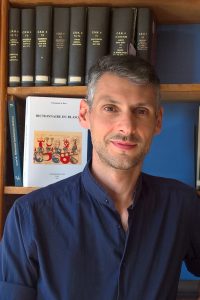
Matteo Ferrari – Saprat – Savoir et pratiques du Moyen Age au XIXe siècle (Paris, Ecole pratique d’hautes études) – PaTHs-PraME (Université de Namur)
Research areas in IUS ILLUMINATUM: Heraldry in Illuminated Legal Manuscripts
Matteo Ferrari is historian of medieval art working especially on heraldry and on the use of the image in political communication. He’s obtained his PhD in 2011 from the Scuola Normale Superiore of Pise, with prof. Maria Monica Donato, with a thesis dedicated to paintings in communal palaces in Northern Italy during the 13th-14th centuries. He has been temporary researcher at the University La Sapienza in Rome (2011-12) and at the Scuola Normale in Pisa (2012-13), where he has worked on the use of images as form of visual communication for the Italian political authorities in the Late Middle Ages. As a post-doctoral fellow and temporary researcher at the Centre d’études supérieures de civilisation médiévale at the University of Poitiers (2014-2017), he undertook research on the uses of heraldic images in monumental space. With prof. Laurent Hablot, he contributed to the development of the project ArmmA. Armorial monumental du Moyen Âge (Paris, EPHE-Saprat), which aims to establish a critical inventory of all monumental heraldic decorations produced in France between the second half of the 12th century and the first half of the 16th century. He is the author of numerous works on iconic communication in Italian medieval towns and, in particular, on the forms and functions of monumental heraldry during the Middle Ages in France and Italy. Currently he’s associate member of the Saprat – Savoir et pratiques du Moyen Age au XIXe siècle (Paris, Ecole pratique d’hautes études) and scientific collaborator of PaTHs-PraME (Université de Namur).
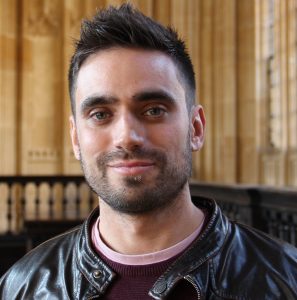
Ángel Fuentes Ortiz – Universidad Complutense de Madrid (UCM)
Research area in IUS ILLUMINATUM: Archival Legal Documents, Preserved in Spain
Ángel Fuentes Ortiz is an Assistant Professor in the Art History department of the Universidad Complutense de Madrid. After completing his doctoral dissertation with an Award of Excellence (UCM, 2021), he worked as Lecturer in the Art History, Archaeology, and Music of the Universidad de Córdoba (2021, Spain). The following year, he was nominated Postdoctoral Researcher at the Universidad Nacional de Educación a Distancia and obtained the Margarita Salas and Juan de la Cierva Fellowships (2022). His research has been supported by renowned institutions that have hosted him as a fellow including the Warburg Institute (London), the Instituto de Estudos Medievais (Lisbon), and the Institut National d’ Histoire de l’ Art (Paris). As a member of several national and international research projects he investigates the cultural and artistic productions of the late Middle Ages. Among his areas of expertise are the construction of identities and its narratives through art, the study of late medieval monasteries as spaces of memory, the use and reception of illuminated legal documents in Castile and gender studies. The results of his research have been published in various journals (Hispanic Research Journal, Journal of Medieval Iberian Studies, Anuario de Estudios Medievales, Goya, Archivo Español de Arte) and some of his work can be accessed in his monographic book entitled Nuevos espacios de memoria en la Castilla Trastámara (La Ergástula, 2021), a volume that analyses the dynamics and tensions that shaped the strong bonds between the Castilian elites and the spiritual landscape of the time.

Samuel Gras – Université Lille 3
Research areas in IUS ILLUMINATUM: Illuminated Legal Manuscripts of the Loire Valley and Illuminated Legal Manuscripts Preserved in the National Library of Spain
Samuel Gras is a PhD doctor in History of Medieval Art. Since 2013 he has been an assistant professor at the University of Lille 3, and since 2017 he is an associate member of the IRHiS laboratory (Northern Historical Research Institute). His lines of research are painting and illumination, iconography and artistic transfers in the Middle Ages.
He has participated in numerous scientific events nationally and internationally. In addition, he has completed his academic training with international stays at Santa Barbara University (California), the Huntington Library (Los Angeles) and Princeton University (New Jersey). As a result of his research activity, he has published articles in numerous magazines, as well as in dictionaries and conference proceedings. He also participated in the Facsimile Study Book of the Book of Hours of Louis de Laval with the chapter “The Painters of the Circle of Jean Fouquet in the Book of Hours of Louis de Laval”.
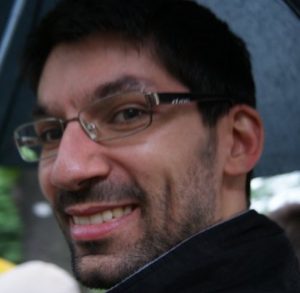
Andrea Improta – Università di Cassino e del Lazio Meridionale
Research area in IUS ILLUMINATUM: Angevin illuminated Legal Manuscripts; Legal Illuminated Manuscripts kept in South Italy Libraries and the Legal Manuscripts Circulating or Illuminated in Naples and in the Abruzzi between 13th and 14th Centuries
Andrea Improta is currently researcher in History of Medieval Art at the University of Cassino and Southern Latium, Department of Literature and Philosophy. He earned his PhD in History of Medieval Art at the Second University of Naples (actually, Università della Campania “Luigi Vanvitelli”) in 2013, and then he received a Postdoctoral Fellowship in Paris for the year 2013-2014 (Research in Paris 2013). He was a research fellow at the Department of Human Sciences at the University of L’Aquila from 2019 to 2021.
His research interests focus on manuscripts illuminated in Naples and South Italy during the Angevin Kingdom, between 13th and 14th centuries; his interests also concern illuminated manuscripts of the early Modern Age in South Italy, between 15th and 17th centuries. He is a member of the Società Internazionale di Storia della Miniatura, and in the context of Ius Illuminatum research team he is studying the legal illuminated manuscripts kept in South Italy libraries and the legal manuscripts circulating or illuminated in Naples and in the Abruzzi between 13th and 14th centuries.
He is author of articles and essays in peer-reviewed volumes and journals, including Rivista di Storia della Miniatura, Paragone, Napoli Nobilissima, Confronto. He published in 2015 a monograph on illuminated manuscripts coming from the Dominican house in Naples: Arma nostra sunt libri. Manoscritti e incunaboli miniati dalla biblioteca di San Domenico Maggiore di Napoli, Nerbini Editore, Firenze, 2015.
Recently, together with other scholars, he has co-curated the catalogue of all Italian illuminated manuscripts of 13th and 14th today in the National Library of Naples: Manoscritti miniati della Biblioteca Nazionale di Napoli. I. Italia, secoli XIII-XIV (Indici e cataloghi, nuova serie, XXXI), a cura di T. D’Urso, A. Improta, M.G. Mansi, F. Toscano, Roma 2021.
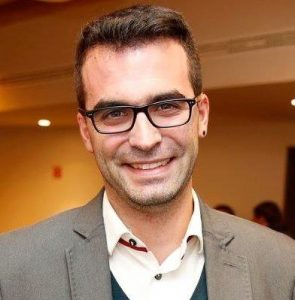
Jorge Jiménez López – Universidad de Zaragoza
Research area in IUS ILLUMINATUM: Illuminated Legal Manuscripts Held in the Library of the Colegio Mayor de San Bartolomé in Salamanca
Jorge Jiménez López has a Degree in History of Art (2013) and a Master’s Degree in Advanced Studies in Art History (2014) both from the University of Salamanca. He is Professor of Art History at the University of Zaragoza. Member of the MINECO project, (HAR-201785392-P), “Intermediality and institution. Interartistic relations, literature, audiovisual, plastic arts”, he is a PhD in Medieval History of the University of Salamanca (2018). He held a doctoral thesis on the following theme: “Visual and book culture of the arzobispo Diego de Anaya y of the Colegio Mayor de san Bartolomé between 1433 and 1440” under the direction of professor Lucía Lahoz. The main line of research focuses on the history of books and university libraries, particular ones in the University of Salamanca. He dealt with the iconography of Judgment in sculpture in the following two contributions: “Un lugar intermedio entre los Juicios. La Puerta del Juicio Final de la Catedral de Tudela”, Lienzos del Recuerdo, Estudios en homenaje a José Mª Martínez Frías, Universidad de Salamanca, 2016, pp. 265-276; “La Puerta del Juicio Final de la Catedral de Tudela. Limites visuales, historiográficos y topográficos” Principe de Viana, mayo 2019. In the context of Ius Illuminatum, he will focus on legal illuminated manuscripts held in the library of the Colegio Mayor de san Bartolomé in Salamanca.
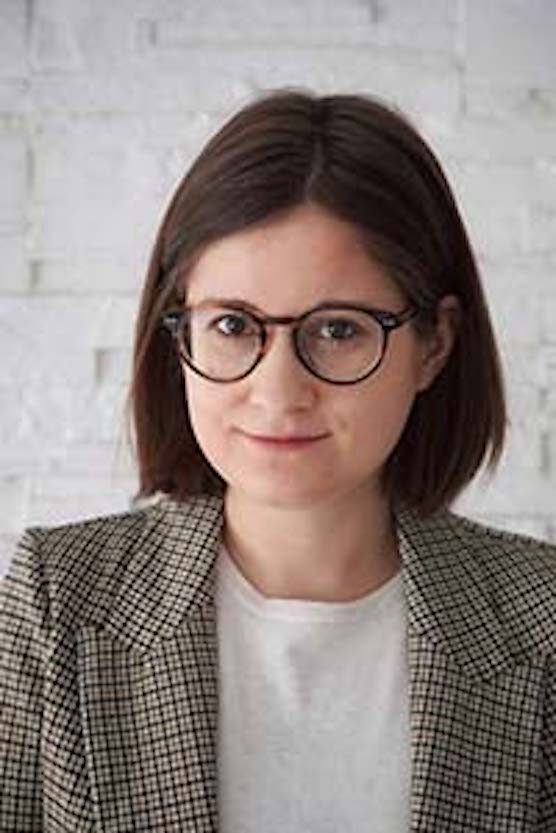
Kristina Kogler – PhD student at the University of Vienna
Research areas in IUS ILLUMINATUM: Legal Iconography in the Vidal Maior
Kristina Kogler studied Art History and Law at the University of Vienna. Her master thesis „Studien zum Codex Admontensis 22 – Eine frühe illustrierte Rechtshandschrift aus Italien in klösterlichem Besitz“ was supervised by Univ. Prof. Dr. Michael Viktor Schwarz. She was part of the FWF funded projects „Die illuminierten Handschriften der ÖNB – Mitteleuropäische Schulen VIII“ and „Illuminierte Inkunabeln in der ÖNB – Mitteleuropäische Schulen 1450-1475“ at the Otto Pächt Archiv in Vienna. From 2016 to 2020 she was a member of the Vienna Doctoral Academy: Medieval Academy. She also organized and participated in several (international) conferences. For her doctoral thesis about the “Vidal Mayor”, Kristina Kogler received a doctoral research grant from the Austrian Academy of Sciences and was awarded a fellowship at the Austrian Historical Institute in Rome. Her research interest is medieval art history, especially illuminated manuscripts. Having studied both Art History and Law she developed a deep interest in law manuscripts from the 13th and 14th century written and illuminated in Spain, Italy and France.

Fabio Massaccesi – Alma Mater Studiorum – Università di Bologna
Bibliography until 2023
Research areas in IUS ILLUMINATUM: … …
Fabio Massaccesi il Associate professor at the University of Bologna, carries out his research activities in the field of medieval art history. His interests are particularly directed to the study of patronage, architectural contexts as well as iconography, book illumination in a time span from the 12th to the 15th century. In particular, he has been interested in painting between Emilia and Romagna. He has recently approached the strand of studies that delves into the spatial arrangements of church interiors in the medieval age, with particular regard to the documentary reconstruction of partitions. In 2019 he organized the International Conference, Spaces of the Sacred in Medieval Italy (November, DAMSLab); in 2022 he organized Performace, Perception & Devotional Experiences in Medieval Sacred Spaces (October, University of Barcelona); Breviari e libri devozioni nell’Italia medievale: problemi di tipologia tra liturgia e decorazione (December, Bologna, Aula magna di Santa Cristina); in 2023 Art Binds Commuities in Medieval Europe (July, Leeds, International Medieval Congress). Member of the Società Internazionale di Storia della Miniatura.
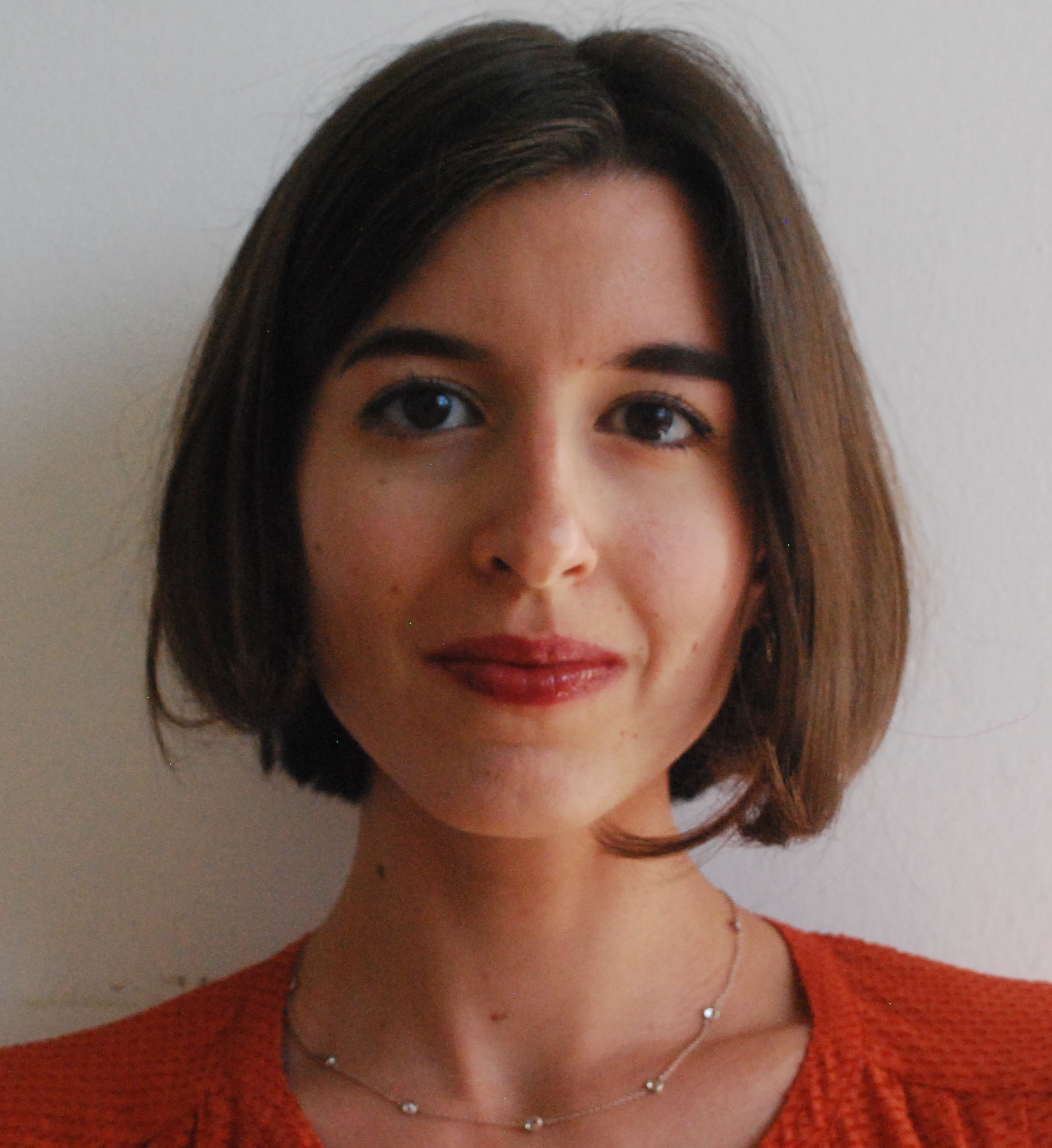
Camilla Marangoni – Università di Torino
Bibliography until 2022
Research areas in IUS ILLUMINATUM: Illumination of Legal Incunabula and Legal Manuscripts in Turin’s Historic Libraries
Camilla Marangoni is a PhD student in Heritage Science (Libraries and Archives curriculum) at the University of Turin. Previously, she obtained a Bachelor’s and Master’s Degree in Art History at Università Cattolica del Sacro Cuore in Milan, specializing in History of Illumination, and attended for a year another Master’s in Science of Books, Archives, and Cultural Heritage at the University of Turin, before obtaining her current position. She started working on early printed books owing to a grant awarded by the Consortium of European Research Libraries, which allowed her to catalogue the collection of the Florentine Biblioteca Medicea Laureanziana on the database Material Evidence in Incunabula, and continued to investigate them by taking part in the project “Dante 1481”, a worldwide copy census of the first illustrated edition of Dante’s “Commedia”, directed by Cristina Dondi and sponsored by the Polonsky Foundation. Currently, her PhD research deals with the hand-decoration and illumination of incunabula, focusing on the collections of the city of Turin and the artistic currents identifiable in Piedmont during the transition from manuscripts to early printed books. In addition, she is studying legal manuscripts in Turin, cataloguing them on the database IVS Commune online and trying to reconstruct the legal library of the Dukes of Savoy. Her main interests concern manuscript illumination, iconography and the evolution of decoration with the transition from manuscripts to printed books.
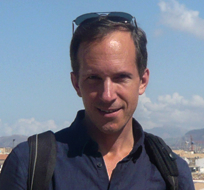
Robert A. Maxwell – Institute of Fine Arts, New York University
Personal Page on Academia.edu
Bibliography until 2019
Research Areas in IUS ILLUMINATUM: Illuminated Charters, c.1000-1200 and Legal Manuscripts, c.850-1200 (Leges Barbarorum); Illuminated Cartularies; Visual Translation of Orality and Gesture in Law.
Robert A. Maxwell is an art historian specializing in the Romanesque and Early Gothic period. His earlier research focused primarily on architecture, sculpture and urbanism, as well as medieval art history’s historiography. While still actively working in those areas, he is at work on two projects concerning legal manuscripts. The first project, nearly completed, is a study of illuminated cartularies from the Romanesque period, with a focus on the translation of orality and custom into visual discourse; the study considers approximately three dozen manuscripts from across Europe, with a focus on particularly Spanish, French, and German examples. The second project concerns a dozen illuminated manuscripts of the Leges Barbarorum and broader issues in the rise of legal illumination in general in the Carolingian period. Some of his publications on legal and historical illumination include: “Chartres décorées à l’époque romane,” Bibliothèque de l’Ecole des Chartes 169 (2011); “Visual Argument and the Interpretation of Dreams in the Illuminated Chronicle of John of Worcester,” The Medieval Chronicle 8 (2014); “The Cartulary of Baignes and the Problem of Aquitainian Illumination in the Twelfth Century,” Mediaeval Studies 76 (2014); and “Pictura como Fictura: autenticidad artística y duplicidad en Raluy,” Romanico 20 (2015). Other publications include The Art of Medieval Urbanism: Parthenay in Romanesque Aquitaine (2007); Representing History, 900-1300: Art, Music, History (2011), and with K. Ambrose, Current Directions in Eleventh- and Twelfth-Century Sculpture Studies (2011).
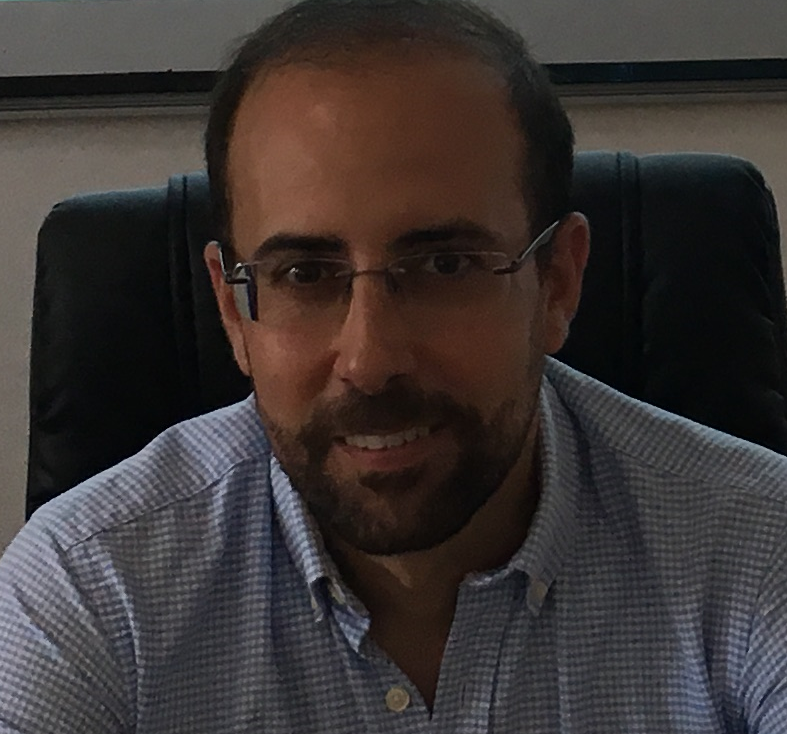
Jaime Moraleda – Facultad de Humanidades de Toledo, Universidad de Castilla- La Mancha
Research area in IUS ILLUMINATUM: Legal Illuminated Manuscripts Produced in Toledo During XV and XVI Centuries
Jaime Moraleda has a degree in Humanities (2003) and a Doctorate in Art History (2016) from the University of Castilla-La Mancha, with a thesis dedicated to liturgical codices illuminated for the cathedral of Toledo during the 16th century. He was a temporary researcher at the Hispanic Society of America in 2008 and 2011), where he studied the illuminated Spanish codices in its library, with special attention to iconography and changes in decoration between the 15th and 16th centuries. Since 2014 he has been associate professor in the Faculty of Humanities of Toledo University (Castilla-La Mancha), carrying out a project in the department of Art History under the supervision of professor Palma Martínez-Burgos García. His latest publications include: “El arte de la miniatura en la Toledo del Greco,” El Greco en su IV Centenario: Patrimonio hispánico y diálogo intercultural (2016); “El arte de la miniatura como transmisor de modelos iconográficos y repertorios estéticos.” De Sur a Sur. Intercambios artísticos y relaciones culturales (Granada, 2017); “El renacimiento del códice minado en la colección de la Hispanic Society of America: del mecenazgo al coleccionismo,” in the II Congreso Internacional: Coleccionismo, mecenazgo y mercado artístico (Sevilla. 2018); and Los códices iluminados para la catedral de Toledo: El esplendor del arte de la miniatura (2018). Within Ius Illuminatum, he will focus on legal illuminated manuscripts, held in public and private collections, produced in Toledo or in connection with the city and its patrons, during the 15th and 16th centuries.

Ángel Pazos-López – Universidad Complutense de Madrid (UCM)
Research area in IUS ILLUMINATUM: Liturgical Iconography in Legal Manuscripts
Ángel Pazos-López is the Margarita Salas Professor at the Complutense University of Madrid, where he leads the CAPIRE Research Group (Collective for the Pluridisciplinary Analysis of European Religious Iconography). He holds a PhD in Art History from the Complutense University of Madrid, where he also graduated in the same discipline, specializing in Medieval Art History. He pursued Master’s studies at Sapienza-Università di Roma and at the Pontifical Institute of Liturgy Sant’Anselmo. His doctoral thesis, about “Iconology of Medieval Christian Liturgy,” constitutes one of his main lines of research, on which he has taught courses, delivered lectures, presentations, and communications at scientific events. Concurrently, he has delved into the study of theoretical, methodological, and historiographical issues in the field of art history, exploring the relationships between liturgy, iconography, visual or sensory culture, as well as the social aspect of museums and their challenges in the 21st century. He has coordinated monographs on these topics for international publishers. He has undertaken research stays in Rome (2015), Barcelona (2016), Buenos Aires (2017), Lisbon (2018), Pisa (2019), and Mexico City (2020). Currently, he coordinates an R&D project and an educational innovation project, in addition to collaborating in various research groups and teams funded in competitive calls on medieval art and museography. He is also the Secretary of the Medieval Colors Network, the Scientific Secretary of the MUSACCES Consortium (2016-19), and co-director of the Eikón/Imago Journal (Scopus Q2). He has furthered his professional experience as a Museum Curator, assessor of higher education quality, and liturgical consultant.
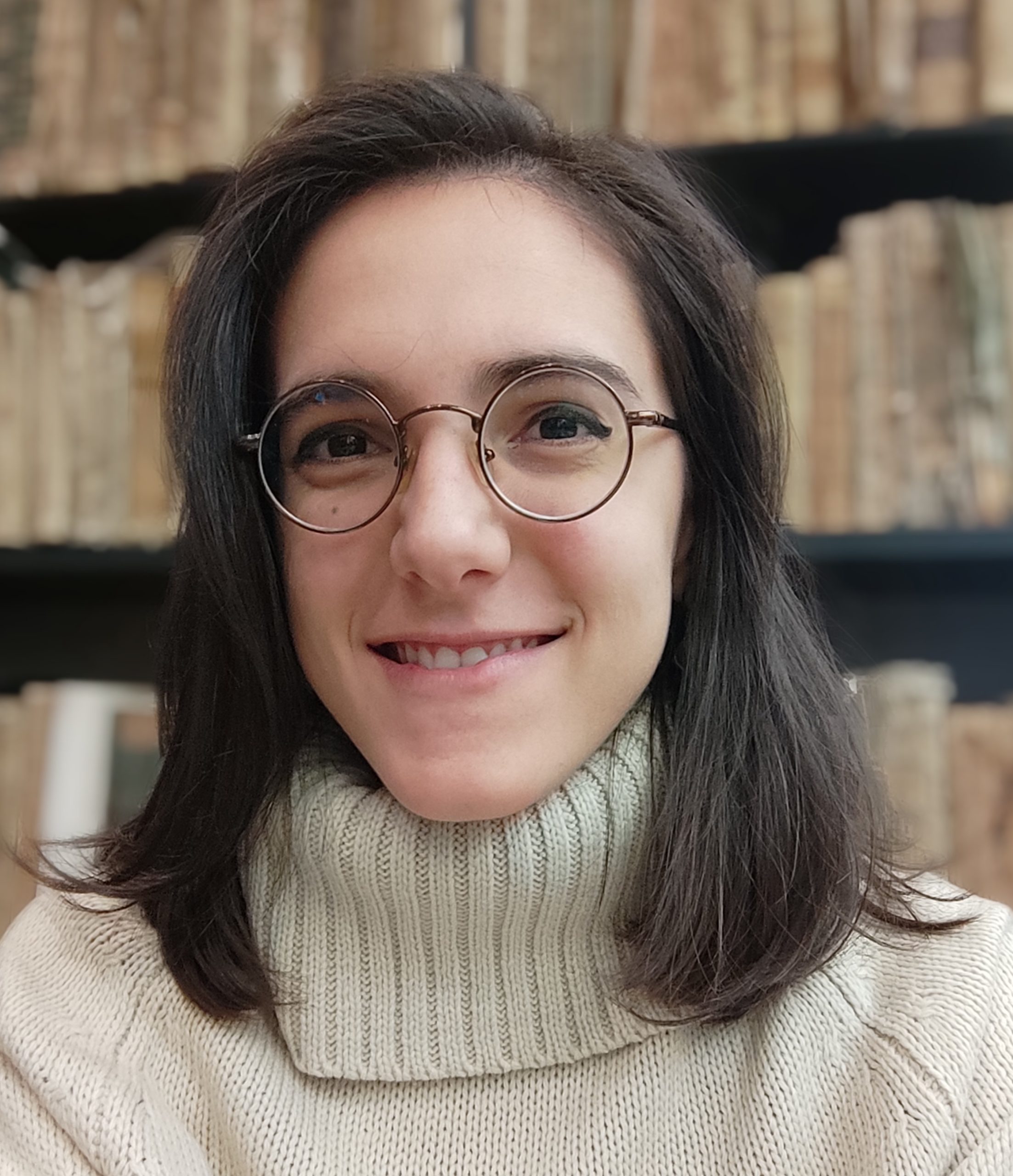
Michela Perrotta – Università della Campania “Luigi Vanvitelli”
Personal page on Academia.edu
Research areas in IUS ILLUMINATUM: Legal Iconography in Literary Texts
Michela Perrotta is graduated with a Bachelor’s Degree in Conservation of Cultural Heritage from the University of Campania “Luigi Vanvitelli” in 2019, with the dissertation “Le illustrazioni del Decretum Gratiani della Biblioteca Nazionale di Napoli: il diritto canonico per immagini”. In 2022 she graduated with a Master’s Degree in Archeology and Art History from the same University, with the dissertation “L’illustrazione della Divina Commedia 44.G.3 della Biblioteca dell’Accademia Nazionale dei Lincei e Corsiniana” (supervisor Professor Teresa D’Urso, co-supervisors Professors Elisabetta Caldelli and Ciro Perna). She is currently pursuing her Ph.D. in History and Transmission of Cultural Heritage at the Department of Humanities and Cultural Heritage (DiLBEC) of the University Vanvitelli. Her research involves the reconstruction of the Renaissance library owned by Antonello Petrucci († 1487), secretary of King Ferrante of Aragon, with a focus on the decoration of his manuscripts and incunabula, and the cultural context in which they were produced.
Her interests also include illuminated legal texts and their iconography, digital humanities, and cataloging of ancient and modern book collections.
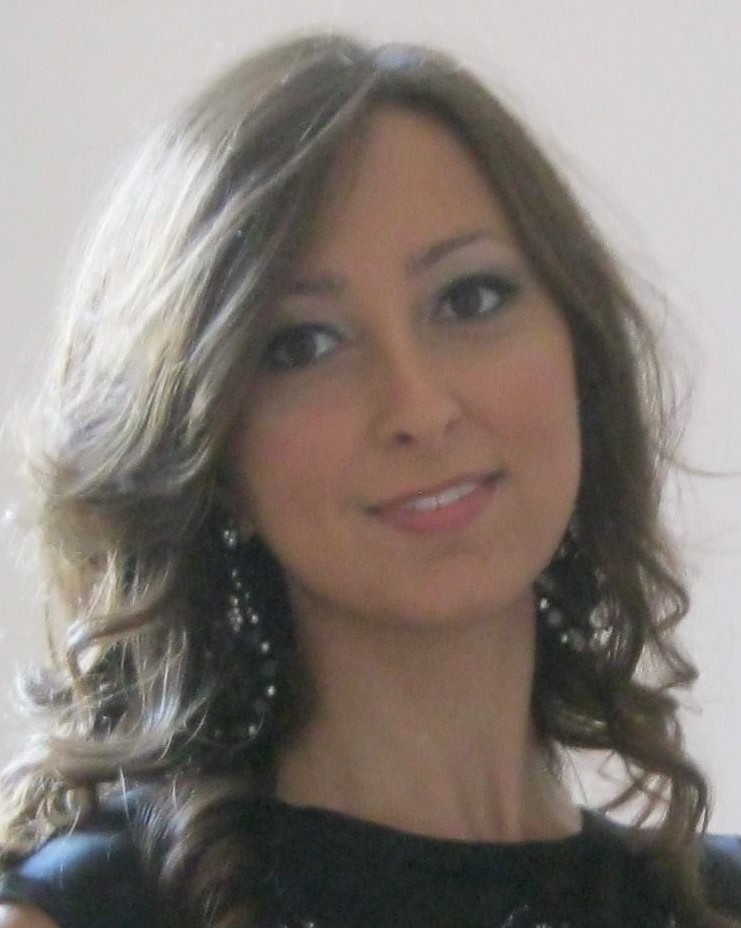
Marta Maria Gabriella Pozzi – Università Cattolica del Sacro Cuore, Milano
Bibliography until 2024
Research areas in IUS ILLUMINATUM: Iconographic Links Between the Allegory of Saint Thomas Aquinas frescoed in the Church of Sant’Eustorgio in Milan and Legal Iconography in Illuminated Manuscripts
Marta Pozzi is a PhD student in Art History at the Università Cattolica del Sacro Cuore in Milan with a project concerning the Visconti Chapel in the basilica of Sant’Eustorgio in Milan and the figurative culture of the second half of the 14th century in Lombardy.
She obtained her BA and MA in Art History at the Università Cattolica in Milan focusing on Lombard painting between the 14th and the 15th century with special reference to the Visconti patronage and some iconographical issues related to the Order of the Preachers. She also attended the two-year specialization program in History of Art at the same University and graduated with a dissertation dedicated to the neoclassical Palazzo Diotti in Milan.
Between 2017 and 2018 she worked for the Ministry of Cultural Heritage (Segretariato Regionale per la Lombardia) and in 2021 she joined the scientific and organizational committee of the international conference Strategie urbane e rappresentazione del potere, 1277-1385. Milano e le città d’Europa (Milan, 11 -12 November 2021) curated by Serena Romano and Marco Rossi.
Marta Pozzi is currently lecturer for the Workshop on Identifying Paintings and teaching assistant in History of Art in Lombardy and History of Medieval Art at the Università Cattolica in Milan.

Jorge Prádanos Fernández – Universidad Complutense de Madrid (UCM)
Research area in IUS ILLUMINATUM: The Illuminations in the Manuscripts of the Seven “Partidas”
Jorge Prádanos Fernández holds a PhD in Art History with International Mention from the Universidad Complunse de Madrid, with a thesis entitled «A servicio de Dios y por comunal de todos hacemos este libro». Análisis y contexto de la iluminación de los manuscritos de las Siete Partidas, supervised by Dr. Laura Fernández Fernández, with the grade of Outstanding “Cum Laudem”. Currently, he is the beneficiary of the Margarita Salas CT18/22 postdoctoral contract awarded through a competitive selection process by the Universidad Complunse de Madrid for the requalification of the Spanish university system. His research focuses on the study of illuminated legal books, especially the Siete Partidas of Alfonso X, as well as other Castilian legal productions, and their relations with other illuminated legal productions in Europe. He has participated in various conferences and seminars in Spain, Italy, and Portugal related to his research lines, mainly the image of justice, medieval legal manuscripts, and the Siete Partidas.
Nuria Ramón-Marqués – Universitat Politècnica de València
Personal page on Academia.edu
Bibliography until 2019
Research area in IUS ILLUMINATUM: Legal Illuminated Manuscripts in Valencia (14th and 15th Centuries)
Nuria Ramón-Marqués is PhD Assistant Professor in History of Art at the Polytechnic University of Valencia.
She graduated in Geography and History with a specialty in Art History at the University of Valencia (UV). Her Bachelor’s degree with the thesis Domingo Crespí y el Llibre del Consolat de Mar was accepted with honors. She has a PhD in History of Art from the Universitat de València-Estudi General and a Master’s Degree in Advanced Studies in Medieval and Modern Cultural Mediterranean from the Polytechnic University of Valencia.
Her research focuses mainly on the study of painting and illuminated manuscripts from the 14th and 15th centuries in the Crown of Aragon and more specifically in Valencia. Since 1995 she has been a member of the CIMM research group at the Polytechnic University of Valencia https://cimm.upv.es.
Her doctoral thesis La iluminación de manuscritos en la Valencia gótica (1290-1438) had an outstanding scientific impact: it is still cited in numerous specialized publications, and in 2008 it was nominated for the La Corónica Western Michigan University Award (Kalamazoo, Michigan).
She has done research in the Hispanic Society, Metropolitan Museum in New York, Victoria and Albert Museum and the British Library in London.
She has participated in different national and international conferences, in some of them as a guest speaker, most recently in February 2019 at The Courtauld Institute of Art with the presentation “The Prayerbook of Alfonso of Aragon and Manuscript illumination in early 15th-century Valencia”.
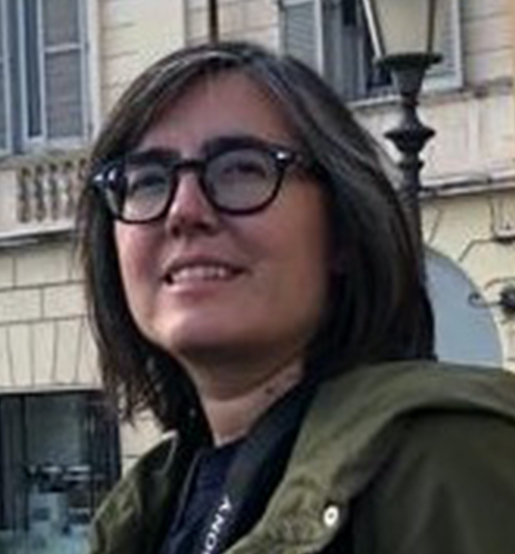
Rosa M. Rodríguez Porto – Universidade de Santiago de Compostela – University of Southern Denmark
Research areas in IUS ILLUMINATUM: The illustration of the Fuero Juzgo, the Alfonsine Partidas and the Ordenamiento de Alcalá
Rosa is Ramón y Cajal Fellow at the Universidade de Santiago de Compostela and Adjunct Associate Professor at the Faculty of Humanities of the University of Southern Denmark (until January 2027). She is also Senior Researcher at the Centre for Medieval Literature, a centre of excellence funded by the Danish National Research Foundation and based at the Universities of York and Southern Denmark. Her research interests also include the analysis of the Trojan legend in the Middle Ages and the medieval reception of Classical culture, the scrutiny of peculiar dynamics of book production and consumption in multi-confessional Iberia, the intricacies of Iberian kingship and queenship, or the patronage of Castilian aristocrats in Humanist circles in Italy. She has been the recipient of several fellowships at The Warburg Institute (Short-term Frances A. Yates Fellowship, 2008), Museo del Prado (2010), University of Cambridge (OVS at St John’s College, 2013-2014), Fondazione Ezio Franceschini (2019), and the Accademia di Danimarca in Rome (2022).
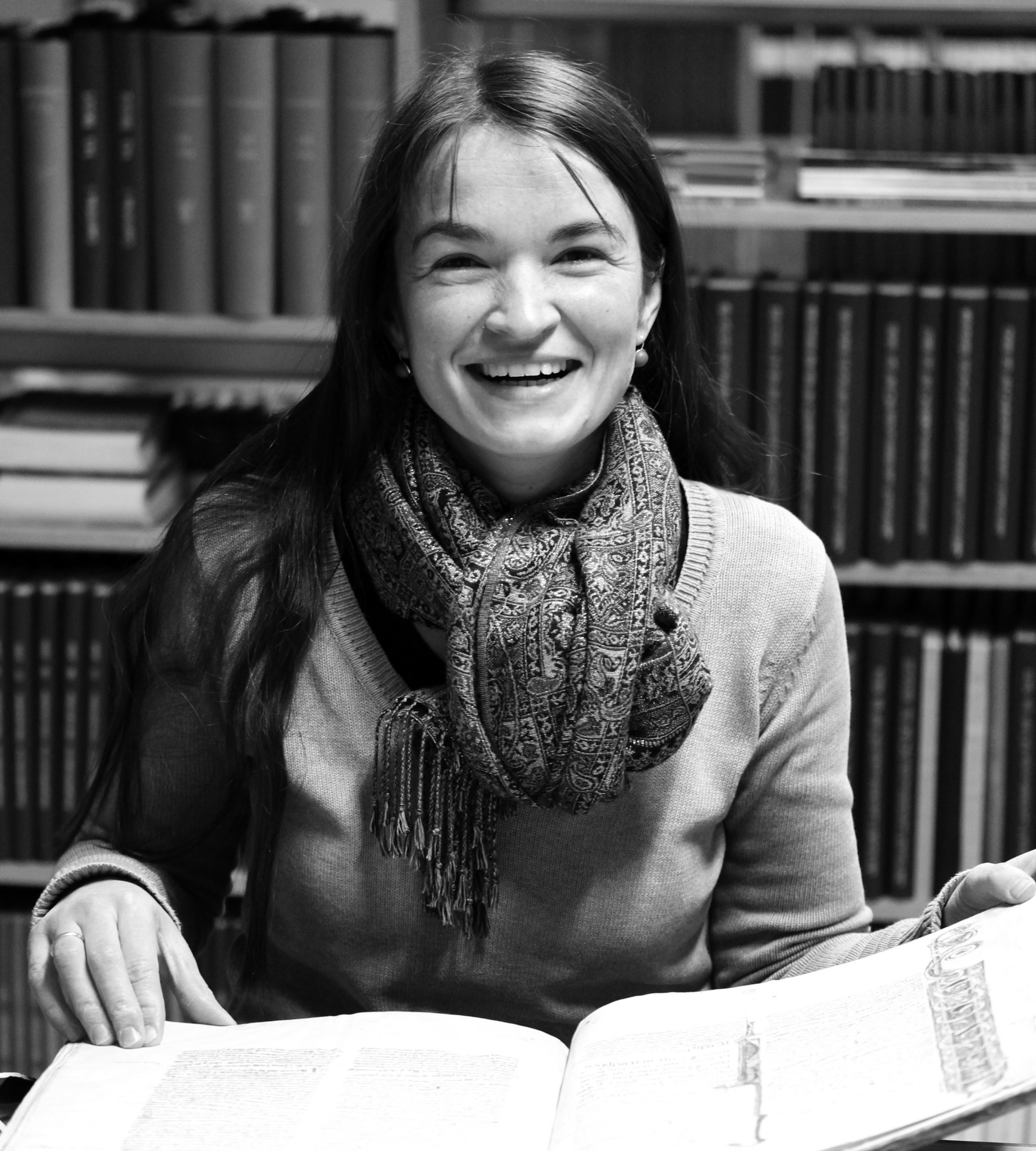
Michaela Schuller-Juckes – University of Vienna
Research areas in IUS ILLUMINATUM: … …
Dr. Michaela Schuller-Juckes is a researcher at the Institute of Art History in Vienna (Otto Pächt-Archive, Research Centre for Medieval Book and Image Culture), specializing in the illumination and codicology of medieval manuscripts from Central Europe, Italy and France. In the course of her investigation of illuminated books kept in the University Library in Graz and Austrian National Library in Vienna, she also began to study illuminated legal manuscripts from Western Europe and the superregional collaboration of bookpainters, scribes and patrons from Northern Italy and France. Her most recent publications on this topic appeared in 2020 („Encounters in Books. Superregional Collaboration in Illuminated Manuscripts Around 1300“) and 2022 („Die illuminierten Handschriften der Universitätsbibliothek Graz. 1225-1300“) and are available both online and in print. Currently she is working on a book on illuminated manusripts from the High Middle Ages kept in Graz, which were produced all over Europe and include legal manuscripts as well.

Federica Volpera – Dr. indipendent researcher, PhD from Università di Genova
Research areas in IUS ILLUMINATUM: Legal Manuscripts Illuminated in Genoa
Federica Volpera is an art historian, medievalist and currently independent researcher specializing in painting and illuminated manuscripts from the 13th and 14th century in Liguria and more specifically in Genoa. She obtained her Degree in Conservation of Cultural Heritage (curriculum History of Art) at the University of Genoa with a thesis on medical, scientific and philosophical illuminated manuscripts made in Genoa during the second half of the 13th century. She also attended the three-year specialization program in History of Art at the same University and graduated with a dissertation on the panel painting technique in Liguria during the 13th century. She obtained her first PhD in History of Medieval Art in 2013 from University of Florence with a thesis on Ligurian painting between the 13th and the 14th century, and her second PhD in Study and Valorization of the Historical, Artistic, Architectural and Environmental Heritage (curriculum History of Art) in 2021 from University of Genoa with a thesis entitled Lo scriptorium di San Domenico e la miniatura a Genova nel Duecento: un riesame e aggiunte al corpus. She was a fellow at the Fondazione Roberto Longhi in Florence (2013–2014). She has participated to different national and international conferences. Her research interests also include the study of iconography, mainly the relation between iconography and texts in illuminated manuscripts, also related to medieval visual culture, and the analysis of artistic transfers.
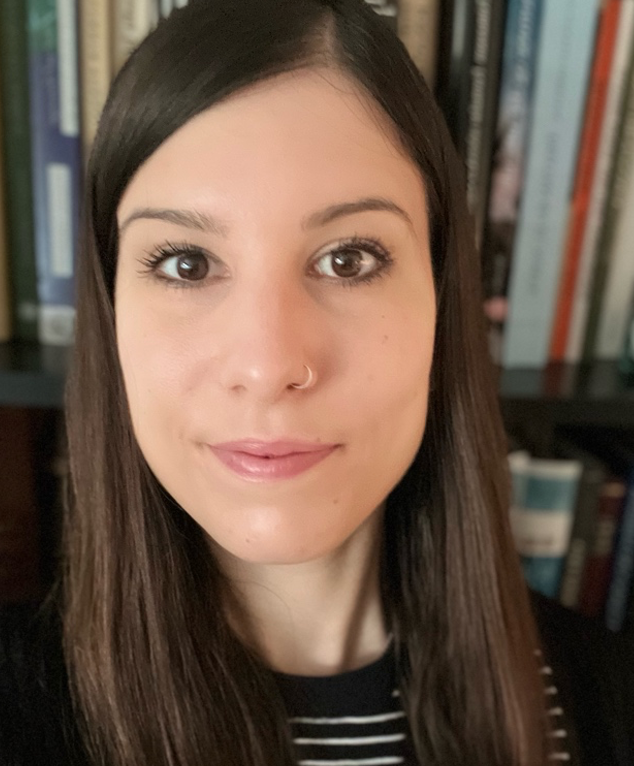
Giulia Zorzan – University of Iceland
Personal page on Academia.edu
Research areas in IUS ILLUMINATUM: Production Techniques and Colourants of Illuminated Legal Manuscripts from Iceland
Giulia Zorzan is a Ph.D candidate at the Faculty of History of the University of Iceland. Her project, funded by the University of Iceland Research Fund, focuses on the analysis of colour use in the earliest surviving medieval Icelandic manuscripts, which date from the late twelfth to the early fourteenth century. The project employs a systematic and quantitative analysis to identify the materials available to Icelandic scribes and book painters at the outset of the country’s manuscript tradition, investigating the extent to which they relied on both imported and locally sourced colourants. She holds a MA in Viking and Medieval Norse Stuides from the University of Iceland, with a thesis focused on early Icelandic palaeography and scribal practices, a topic that remains one of her primary research interests. This work laid the foundation for her ongoing investigation into Icelandic manuscript culture, integrating material analysis with a broader examination of scribal traditions and the evolution of writing practices in medieval Iceland. Additionally, she has recently contributed to the project titled “Book production at Helgafell monastery in the fourteenth century” (PI: Dr. Beeke Stegmann, also supervisor of the Ph.D project) at the Árni Magnússon Institute for Icelandic Studies, which focused on the book production at the Augustinian monastery of Helgafell in Western Iceland during the fourteenth century.
Research team interns
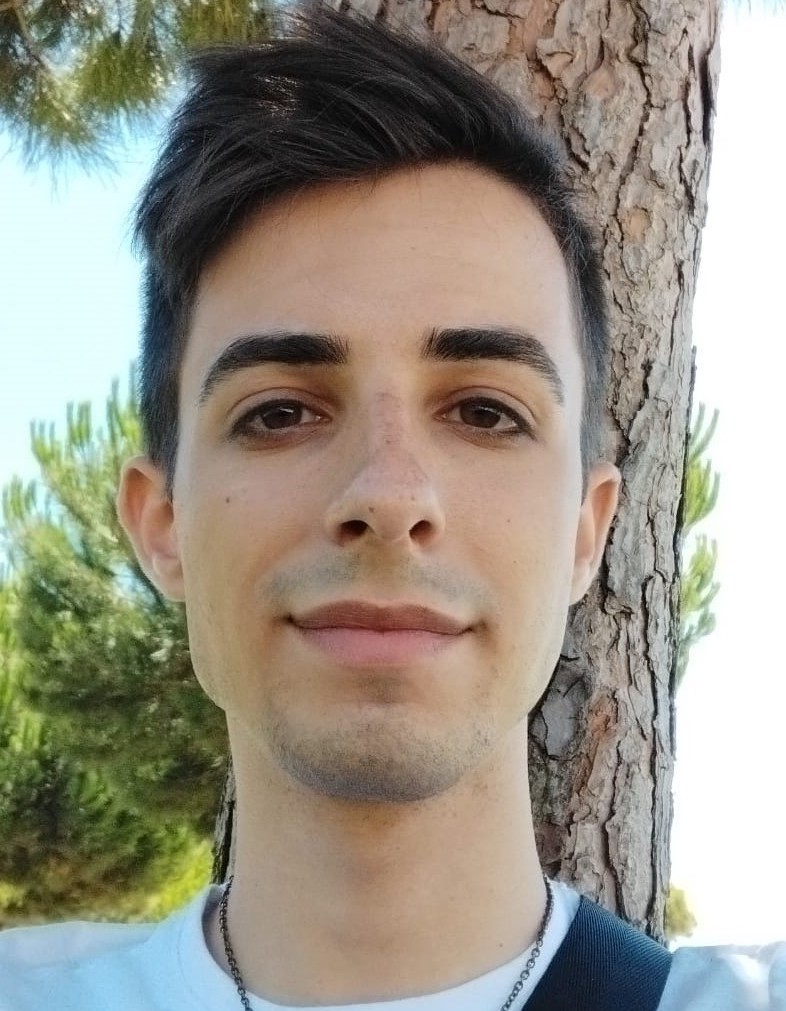
João Costa Silva – Faculdade de Ciências Sociais e Humanas (NOVA FCSH) – from 2023
Research areas in IUS ILLUMINATUM: The Study of Illuminated Legal Manuscripts with Historical Methodology
João Costa Silva is a student enrolled in Master’s program in Medieval History in the NOVA School of Social Sciences and Humanities (NOVA FCSH) in Lisbon. He previously worked with the Museu Militar de Lisboa in an internship, which resulted in a publication in Revista Militar, and collaborated with Fundação Mário Soares in their research project on the history of the Socialist Party in Portugal. Now an integrated research fellow in IEM – Instituto de Estudos Medievais, he is currently working on his Master’s dissertation about political culture during Afonso III’s reign. Within Ius Illuminatum, he’s interested in legal manuscripts as an instrument for medieval political culture and mentalities, particularly relating to the conceptualization of royal power.
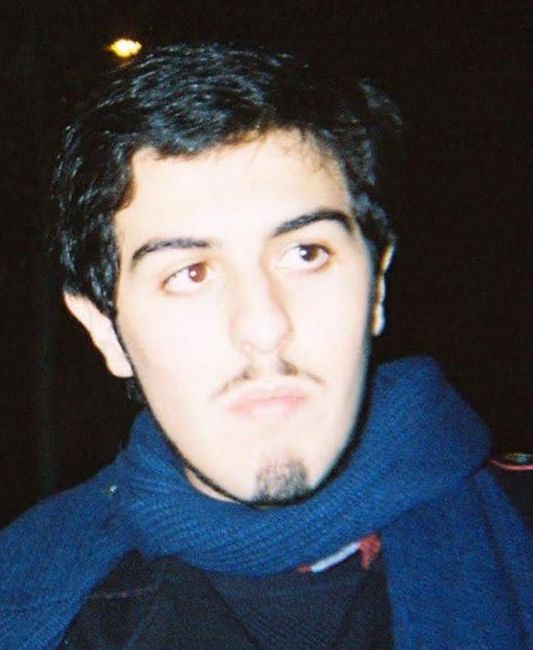
Diogo de Primo Tome Moreira – Faculdade de Ciências Sociais e Humanas (NOVA FCSH) – from 2023
Research areas in IUS ILLUMINATUM: Reception of Roman Culture in the Field of Law and Iconography in the Middle Ages
Diogo Moreira is currently taking a degree in History in NOVA School of Social Sciences and Humanities of Lisbon. Captivated by ancient roman history, Diogo is interested in studying the integration of roman culture, from the perspective of historical culture, in medieval times, namely in the field of law and iconography.
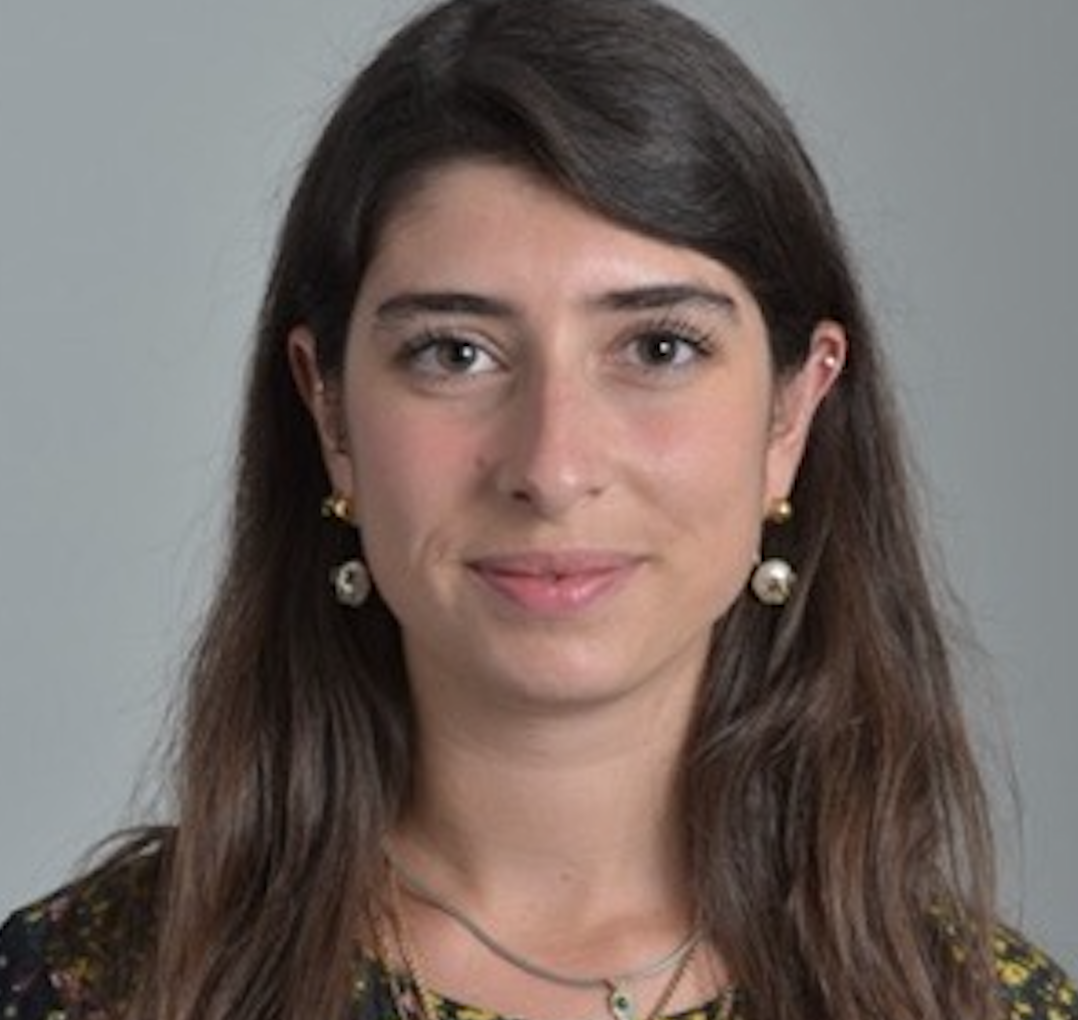
Masha Goldin – Universität Basel
Bibliography until 2023
Research areas in IUS ILLUMINATUM: Vernacular Illuminated Legal Manuscripts from the High and Late Medieval Holy Roman Empire
Masha Goldin is a graduate student at eikones – Center for the Theory and History of the Image at the University of Basel (since 2021). She studied Art History (BA, MA) at Tel Aviv University. She has been the recipient of the First Prize in the Graduate Student Essay Award, International Center of Medieval Art (2021). Her research has been supported by various institutions, including DAAD (2017), the State of North Rhine-Westphalia (2018), IMAGO – The Israeli Association for Visual Culture in the Middle Ages and Early Modern Period (2019), Herzog August Bibliothek, Wolfenbüttel (2022) and DFK—Deutsches Forum für Kunstgeschichte, Paris (2023). Her research and teaching interests encompass medieval juridical visual and material cultures, with a specific focus on vernacular illuminated legal manuscripts from the German-speaking lands. In her dissertation project she examines how juridical spaces, objects, signs, and gestures shaped communication between the public and legal authorities in the Holy Roman Empire between the 13th and 16th centuries.
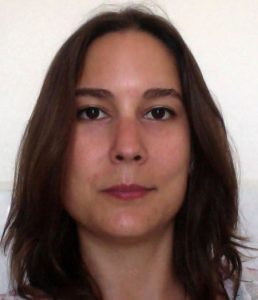
Joana Isilda Serra Reis Quintela Proença – Faculdade de Ciências Sociais e Humanas (NOVA FCSH) – from 2020
Research areas in IUS ILLUMINATUM: Museology Applied to the Study of Illuminated Legal Manuscripts
Joana Proença is student of the Master’s program in Museology in the NOVA School of Social Sciences and Humanities (NOVA FCSH) in Lisbon. She studied Fine Arts and Tourism Information and has been working as a national tour guide and collaborated with educational services in Portuguese national museums. Fascinated by medieval history and specially by illuminated manuscripts she is now interested in researching the potentiality of illuminated manuscripts for museology in Portugal.
Associated Researchers
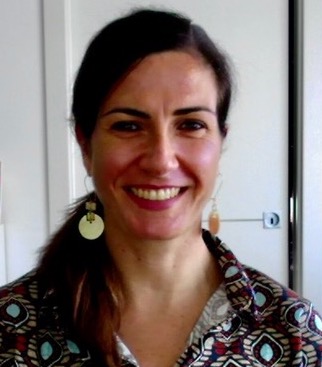
Serena Ammirati – Università degli Studi di Roma Tre
Bibliography until 2021
Research areas in IUS ILLUMINATUM: Antique and Late-antique Greek and Latin Fragments of Juridical Content.
Since 2020, Serena Ammirati is research fellow in Paleography in Roma Tre University (Rome), where she teach Paleography, Codicology, and Diplomatics.
From november 2021, she is the representative of the Humanities researchers in the academic senate in Roma Tre University and is secretary of the board of the Italian Association of Paleographers and Diplomatists (AIPD). Since January 2019, she teach the course Palaeography I for the European Diploma in Medieval Studies (DEEM – Diplôme Européen d’Études Médiévales) from FIDEM.
The ancient Latin book (its scripts and morphologies) is one of her main research topics, together with the history of written culture in medieval Rome and Latin legal books from Antiquity through the Middle Ages. She have been working on this subject since her PhD in 2006-2010; since 2014, in the frame of the ERC project REDHIS (University of Pavia) She is responsible for the edition and description of Greek and Latin fragments with juridical content. She is also currently interested in the development of novel methods and tools to support content analysis and knowledge discovery from handwritten documents. In collaboration with the Department of Engineering in Roma Tre she started in 2016 a project on digital paleography, In codice ratio.
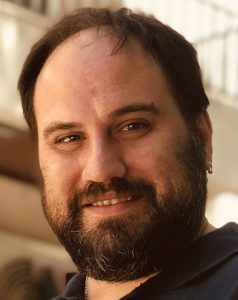
Fabio Barberini – Universitat de Girona, Departament de Filologia i Comunicació / Institut de Llengua i Cultura Catalanes
Research areas in IUS ILLUMINATUM: Study of Textual Tradition and Linguistics Analysis of Lo Codi.
Fabio Barberini is currently a research fellow at University of Girona, conducting research at the “Institute for Catalan Language and Culture” (ILCC). He is the PI of the project “TrobIB – The Trobar in the Iberian Courts” (“Beatriu de Pinós” Programme 2020). He ‘obtained his PhD in Romance Philology (curriculum Old French and Provençal Languages and Literatures) in 2014 from the University of Messina, with professors Saverio Guida and Anna Ferrari, his thesis on the political poetry of Provençal troubadours and its relations to medieval Latin epistolography. His studies have been mainly devoted to Old French, Provençal, and Galician-Portuguese lyric (critical editions and studies of textual transmission); Anglo-Norman literature; and relations between Jews and Christians in France and England in the 13th to 15th centuries. Since 2013 he has been a member of the Editorial Board of Cultura Neolatina (international journal of Romance Philology). He is the co-founder and co-editor-in-chief of Romania Mediaevalis, a journal focused on medieval studies published by Classiques Garnier (Paris). Between 2019 and 2023 he was President of JCDO (Jeunes Chercheurs en Domaine Occitan). As a post-doctoral fellow and temporary researcher he undertook research within several international projects: Do canto à escrita – produção material e percursos da lírica galego-portuguesa (PTDC/LLT-EGL/30984/2017) [2019-2021: NOVA School of Social Sciences and Humanities in Lisbon and IEM, Institute for Medieval Studies]; Mecenazgo y creación literaria en la corte catalano-aragonesa (s. XIII-XV): evolución, contexto y biblioteca digital de referencia and Troubadours and European Identity: The Role of Catalan Courts [2018: University of Girona and Institut de Llengua i Cultura Catalanes]; CAO – Corpus dell’Antico Occitanico (diplomatic transcription and critical edition of the Troubadour manuscript f: Paris, BnF fr. 12472) [2017-2018: University of Chieti-Pescara]; Manuscript Heritage of the Troubadours (MHT). Le Patrimoine manuscrit des Troubadours en pays d’Oc and Édition numérique du Chansonnier provençal R (2016-2017: CNRS and University of Toulouse 2 “Jean Jaurès”). Currently he is attached researcher at the “Laboratorio de Documentación Medieval”, University of Oviedo and he is member of the project Nobility without frontiers: mobility and conectivity in the hispanic and occitanian territories (10th-13th centuries)/ PID2022-137138NB-I00, funded by Spanish Ministry of Research (MCIN/AEI/ 10.13039/501100011033) European Union (ERDF A way of making Europe) and CSIC (Consejo Superior de Investigación Científica). His research in IUS ILLUMINATUM focuses on the study of traces of medieval legislation in Galician-Portuguese lyric poetry.

Andrea Bartocci – Università di Teramo
Bibliography until 2020
Research areas in IUS ILLUMINATUM: Illuminated Legal Manuscripts belonged to the Popes Urban VI and Benedict XIII (Pedro de Luna)
Andrea Bartocci received doctorates in Medieval and modern legal history (University of Milan) and in History and civilizations (Ecole des hautes études en sciences sociales, Paris).
Presently he is professor of Medieval and modern legal history in the Law Faculty of the University of Teramo teaching Codicology and history of medieval and modern juridical documents. He has also been a professor in the Scuola Superiore di studi medievali e francescani (Pontificia Universitas Antonianum, Rome) and at the Scuola Storica Nazionale per l’edizione delle fonti documentarie (Istituto Storico Italiano per il Medio Evo, Rome).
He has been awarded many Fellowships in Europe and in the USA: Marie Curie Fellowships in the “Comparative History, Theory and Anthropology of European Legal Cultures” Doctoral Program; Doctoral and Postdoctoral Fellowships at the Max Planck Institute for European Legal History (Frankfurt am Main); Postdoctoral Fellowships at the Robbins Religious and Civil Law Collection (University of California, Berkeley).
He has presented papers at national and international congresses and conferences.
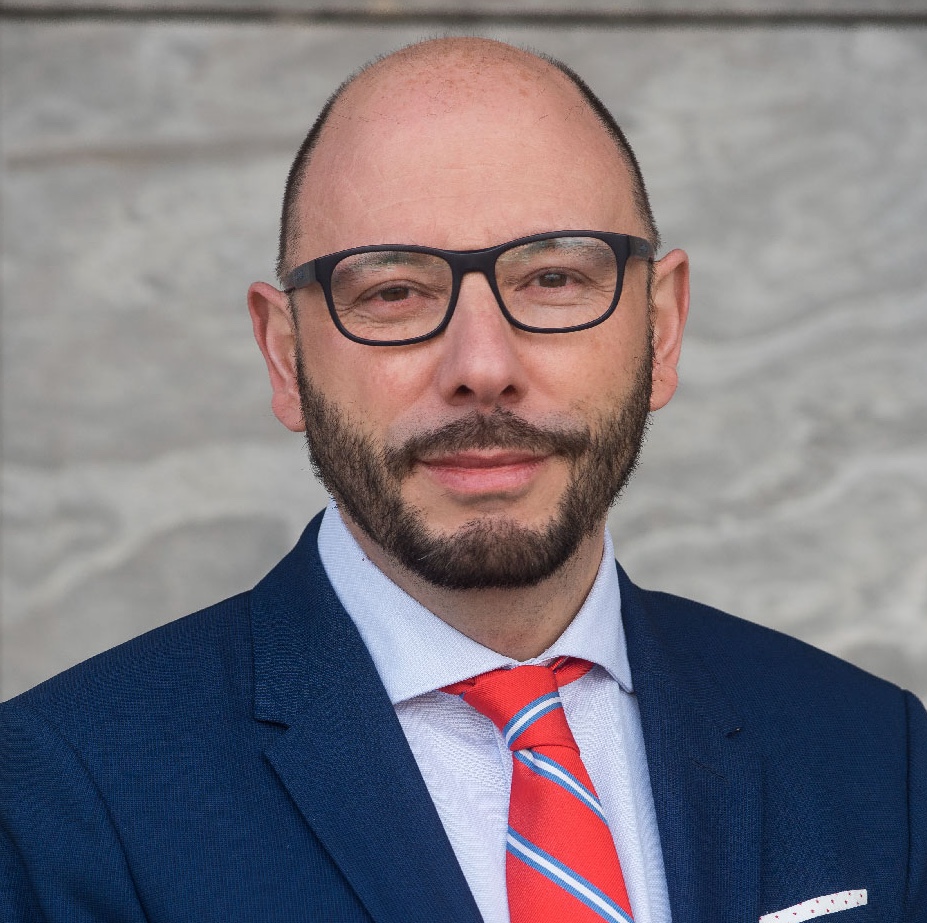
Jose Antonio Guillén Berrendero – Universidad Rey Juan Carlos de Madrid
Bibliography until 2024
Research areas in IUS ILLUMINATUM: Intellectual debates on Nobility in Early Modern Europe; Treatises on Nobility and literature on aristocratic life and culture in Early Modern Europe; Heraldry and heraldic authorities: kings of arms in Habsburg; Spain and elsewhere in Europe; Study of the aristocratic ethos and value system: honour, virtue and excellence; Analysis of the discursive language on Nobility in Early Modernity; Military orders and ennoblement in Early Modernity; Study of virtuous political praxis in Early Modernity
Jose Antonio Guillén Berrendero is Doctor Europaeus in History (UCM, 2008), currently Senior Lecturer in Modern History in Universidad Rey Juan Carlos de Madrid. He was awarded a Marie-Curie predoctoral fellowship at the ICS, Universidade de Lisboa. Predoctoral fellowship Fundación Caja Madrid. Predoctoral Fellowship Fundación Calouste Gulbenkian- Portugal National Library and has held positions as postdoctoral researcher at the CIDEHUS, Universidade de Évora, and at the Facultad de Filosofía y Letras, UAM, the latter as recipient of a Juan de la Cierva grant. He has taught at the Department of Modern History, UCM, and both taught and researched at various universities as awardee of multiple Erasmus mobility grants: Évora, Lisbon, Lisbon (NOVA), Queen Mary, and Catania, among others. Guillén participated in the project Inquirir da honra: comissários do Santo Ofício e das Ordens Militares em Portugal (1570-1777) funded by the Fundação para a Ciência e Tecnologia – FCT (Government of Portugal) at the Universidade de Évora. Other research collaborations include the IULCE (UAM) and Nobilitas II, funded by the Fundación Séneca. Individual projects such as Agentes da honra en Castela e Portugal XVII-XVIII (Reis de armas e comisarios das Ordens Militares (FCT-CIDEHUS) and Los Reyes de armas de la Monarquía de España. La familia Guerra y Villegas (UAM) brought to attention the under-researched activities of kings and officers of arms in Early Modern Iberia. Widely published in his area of interest and a leading expert in his field of research, Is a IP to DEXVIR: De Excellentia: Teoría y Practica de la virtud en la Monarquía de España ( XV-XVII centuries). Guillén has contributed to -and in part pioneered -the ongoing renewal of academic studies on Nobility in both Spain and Portugal, particularly so by embracing their “Iberian” dimension and by espousing interdisciplinary research. Methodologies derived from Cultural History and Intellectual History are key to his past and present research.
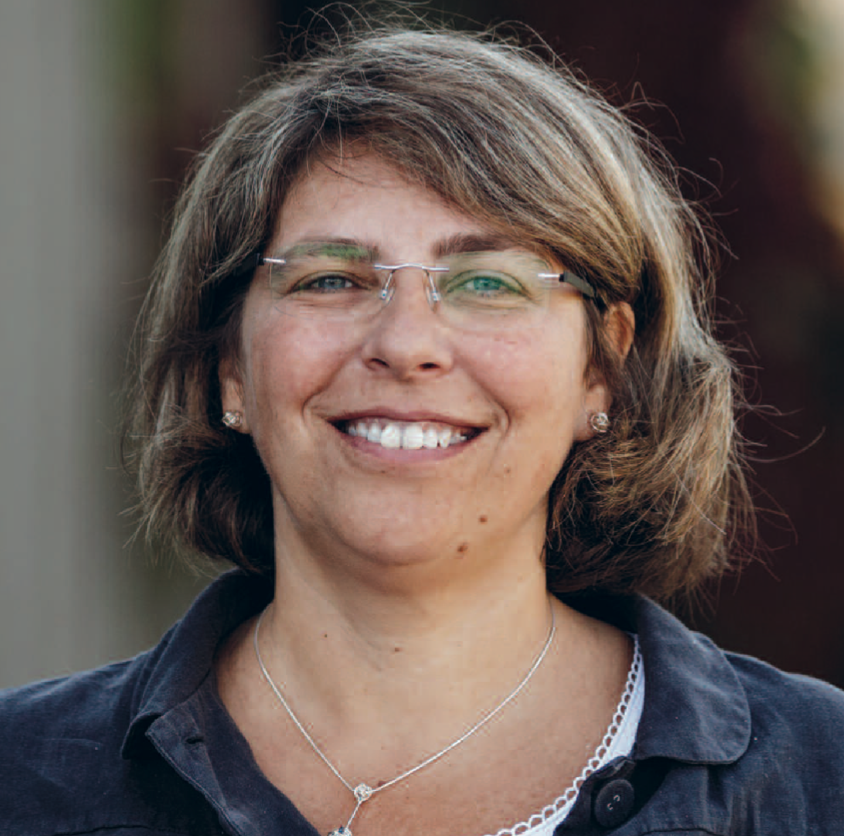
Barbara Bombi – University of Kent
Personal page on Academia.edu
Bibliography until 2024
Research areas in IUS ILLUMINATUM: Medieval Papacy and Canon Law
Professor Barbara Bombi studied at the Catholic University in Milan, where she completed her PhD in 2000. In 2001 she was a research fellow at the German Historical Institute in Rome. Between 2002 and 2004 she had a post-doctoral fellowship at the University of Padua before moving to Oxford where she took up the post of Lyell Research Fellow in Latin Paleography at Corpus Christi College. In 2006 she moved to Canterbury after being appointed as a Lecturer in the School of History at the University of Kent. She was appointed Professor of Medieval History in 2018. In 2019 Professor Bombi has been elected to the Council of the Royal Historical Society. In July 2022 she has been elected Fellow of the British Academy. Since 2019 she has been General Editor of the Canterbury and York Society and Member the Committee of the Internationale Historische Kommission zur Erforschung des Deutschen Ordens, while in 2024 she has become Secretary for Research of the Royal Historical Society. Professor Bombi’s research interests cover ecclesiastical and religious history in the High Middle Ages (1200-1450) and she specializes in the medieval papacy and canon law. Professor Bombi has worked on the Crusades of the early 13th century, writing a monograph on mission and Crusade in the Baltic area during the pontificate of Pope Innocent III (ISIME, 2007). Her research also includes the history of the Military Orders, especially the Teutonic Knights in the 14th century. In 2007 she also published the edition of the register of Andrea Sapiti, the representative at the papal curia of Edward II and Edward III and in 2019 she completed a monograph on Anglo-papal relations in the 14th century, published by OUP. Professor Bombi has an ongoing project to compile a catalogue of the manuscripts of the Liber Extra (Decretals of Gregory IX), which are preserved in the British Libraries. Between 2020 and 2023 Professor Bombi has been PI on a Leverhulme / British Academy Small Grant “Diplomacy and the Making of Europe in the Late Middle Ages (c. 1250-1450)” which sets to organize an international network of scholars and investigate the impact of diplomatic practice on state formation in Late Medieval Europe from a comparative perspective
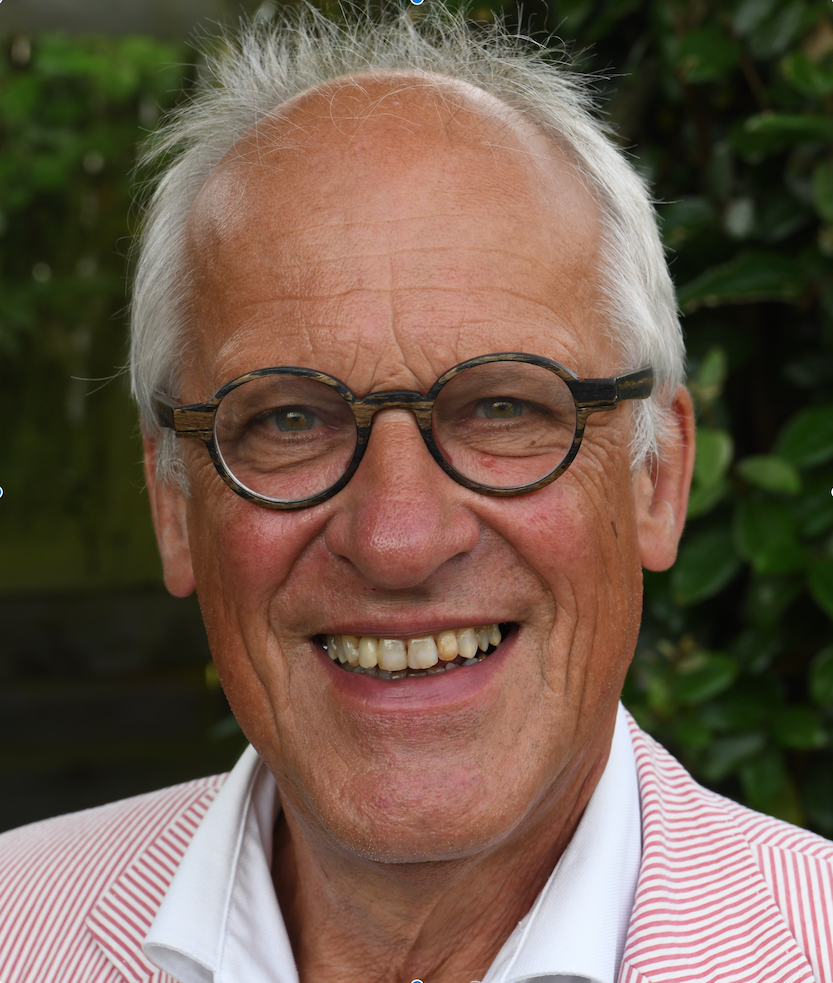
Rolf H. Bremmer Jr – Leiden University
Bibliography until 2023
Research areas in IUS ILLUMINATUM: Inventory of All the Fragments that Have Been Preserved in Medieval Frisia (the Majority Consists of Canonical and Roman Legal Texts, Decretals, Commentaries, Glosses, etc.)
Rolf H. Bremmer Jr (1950) studied both English Language and Literature and Comparative Germanic Studies at the universities of Groningen and Oxford. He obtained his doctoral degree in 1987 from the Catholic University of Nijmegen. He is emeritus professor of English Philology and of Frisian Language and Literature, Leiden University, and honorary researcher at the Frisian Academy, Leeuwarden. In 1996 he held the Erasmus Chair of Dutch History and Culture at Harvard University, Cambridge, MA. He has published widely in both fields, with a focus on both Anglo-Saxon and medieval Frisian laws, including “Grendel’s Arm and the Law” (1996), “‘The Children He Never Had; The Husband She Never Served’: Castration and Genital Mutilation in Medieval Frisian Law” (2014), “Isolation or Network? Arengas and Colophon Verse in Frisian Manuscripts around 1300” (2015), “‘The Fleeing Foot is the Confessing Hand’: Proverbs in Old Frisian Laws” (2018), “‘Qui brecht ungewaldes, betan gewaldes’: Proverbs in the Anglo-Saxon Laws” (2019) and “Codifying the Law: Frisian Manuscripts around 1300” (2019).
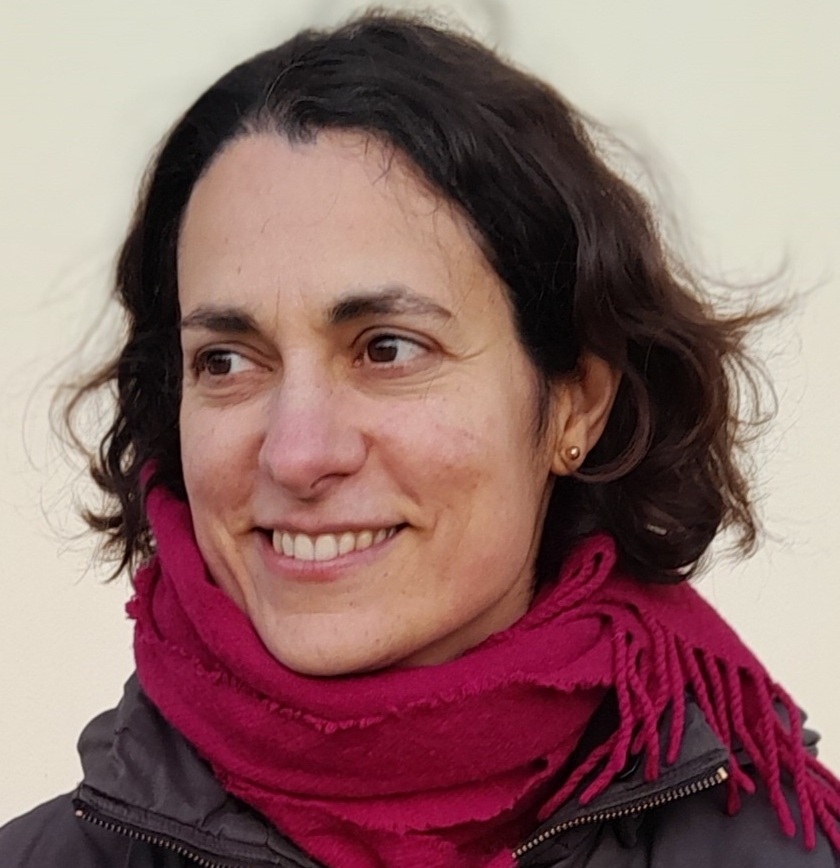
Irene Bueno – Alma Mater Studiorum – Università di Bologna
Bibliography until 2024
Research areas in IUS ILLUMINATUM: … …
Irene Bueno is associate professor of Medieval History at the University of Bologna. She received her PhD from the European University Institute in Florence and then held post-doctoral positions at Leiden University and the École des Hautes Études en Sciences Sociales of Paris. Her research encompasses the history of medieval inquisition and religious dissent, the Avignon papacy, and the diplomatic and cultural relations between the papacy and the Christian East in the late medieval period. In Bologna, she co-directs INQUIRE – International Centre for Research on Inquisitions and is local coordinator of the project: “The Angevin World, the Papacy and the East: 1250-1450”. She is author of Defining heresy. Inquisition, theology and papal policy at the time of Jacques Fournier (Leiden, 2015).
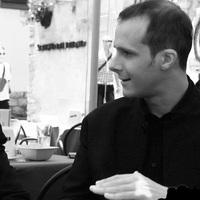
Dante Fedele – Université Lille 2 Droit et Santé – Centre d’Histoire Judiciaire
Bibliography until 2022
Research areas in IUS ILLUMINATUM: … …
Dante Fedele holds degrees in Law (University of Trento) and History of political thought (ENS de Lyon) and a PhD in History of political thought (ENS de Lyon) and History (University “Frederik II” of Naples). Since 2019 he has been Chargé de recherche CNRS at the Centre d’histoire judiciaire (Lille). His research deals with the history of international law and the ius commune in late medieval and early modern Europe. His publications include Naissance de la diplomatie moderne (XIIIe-XVIIe siècles). L’ambassadeur au croisement du droit, de l’éthique et de la politique (Baden-Baden and Zürich/St Gallen, Nomos Verlag and Dike Verlag, 2017) and The Medieval Foundations of International Law. Baldus de Ubaldis (1327-1400), Doctrine and Practice of the Ius Gentium (Leiden and Boston, Brill/Nijhoff, 2021).

Emir O. Filipović – University of Sarajevo
Bibliography until 2024
Research area in IUS ILLUMINATUM: … … … …
Emir O. Filipović is Associate Professor of medieval history at the University of Sarajevo where he teaches undergraduate and graduate courses on medieval European and Bosnian history as well as on auxiliary historical disciplines, and at postgraduate level he teaches the history of East-Central Europe in the Middle Ages. Professor Filipović’s research so far has been focused on the study of early Ottoman expansion in the Balkans, medieval chivalry and courtly culture, heraldry, as well as the political, cultural and religious history of Europe and Bosnia in the fourteenth and fifteenth centuries. He has authored monograph studies on the relations between the Bosnian Kingdom and the Ottoman Empire, on the construction of dynastic identity of Bosnia’s ruling dynasty and on chivalry in late medieval Bosnia. He also edited a volume on women in Bosnia during the Middle Ages, and co-edited the book “Medieval Bosnia and South-East European Relations. Political, Religious, and Cultural Life at the Adriatic Crossroads” (Leeds, 2019). From 2020 to 2022, he was head of the History department at the Faculty of Philosophy of the University of Sarajevo, and from 2022 to 2024 he was head of the Doctoral Studies Programme in History at the same institution.

Héléna D.M. Lagréou – The University of Cambridge
Bibliography until 2022
Research area in IUS ILLUMINATUM: Religious Discourse Through the Images of Legal Manuscripts.
Héléna Lagréou has a double Bachelor’s begree in History and in Art History/Archeology (2017) and a master’s degree in Research in History and Anthropology of the Medieval and Modern period (2019) under the supervision of Prof Joseph Morsel from the Université Paris I Panthéon Sorbonne. The research project of Héléna Lagréou during her master’s degree was on the images of public executions and the metaphor of theatre during the Late Middle Ages. She then professionally trained in bookbinding in the Listel D’Or Atelier in Paris under the supervision of Sophie Quentin (2019-2020). She later opened her research interest to images of medieval Japan during an MPhil at the University of Edinburgh under the supervision of Dr Ian Astley (2021). Since October 2021 she started her PhD at the University of Cambridge in medieval History under the supervision of Prof John H. Arnold. Her current research interests tackle the religious framework of public executions of the late Middle Ages in France, Italy, and England. She aims to show a dynamic evolution of the imaginaire surrounding executions composed of both lay, legal and religious discourses. For now, public executions are pigeonholed as only a subject of history and art history of justice. Whereas Héléna works on going beyond a dichotomy between legal and religious to understand the perception and relation to capital punishment during the late Middle Ages. To question this variety of discourses, she looks at images of legal manuscripts, but also at sermons and hagiographies. Specifically, she is interested in the importance of models of sainthood and their influence on the perception of public executions. Her methodology is based on digital humanities.

Marta Mangini – Università di Milano
Bibliography until 2020
Research areas in IUS ILLUMINATUM: Symbolic Signs and Drawings of Medieval Notaries
Marta Luigina Mangini is Associate Professor of Diplomatics at the State University of Milan, specialising in the history of medieval Italian notaries and the production and preservation of their documents. She is currently working on the critical edition of the Notarial Registers of Milan, Piacenza and Genoa (13th-15th centuries). She is also studying the different communication languages used by medieval notaries (written, oral, graphic, numerical) and palaeographic and codicological aspects of the documentation, such as the reuse of writing materials in bookbinding. She is a member of the CLIO – Center for the for the visuaL hIstOry and Notariorum Itinera Center. She is the Principal Investigator of the project’s Milan Research Unit of REcycled meDieval DIplomatic fragmentS (REDDIS), and member of the projects Writing communities. Council records in the late medieval Alps” (PRIN 2022, PI Marta Gravela, Università degli Studi di Torino), Nomina. I nomi delle persone nell’Italia del basso medioevo: una nuova chiave interpretativa per la storia sociale e politica (PRIN 2020, PI A. Gamberini, Università degli Studi di Milano), and Fighting Against Injustice Through Humanities (PI Cristina Cattaneo, Università degli Studi di Milano). She i also member of the scientific and editorial board of the open access journal Studi di storia medioevale e di diplomatica. The most recent publications on the subject of IUS ILLUMINATUM include: M.L. Mangini – P. Buffo, Pervasivi, polimorfi, performanti. Interventi grafici nella produzione notarile su registro del basso medioevo, in Notai tra ars e arte. Mediazione, committenza e produzione tra Medioevo ed Età Moderna, a cura di A. Bassani, E. Fusar Poli, M.L. Mangini, F. Scirea, Genova 2023 (Notariorum Itinera Varia 9), pp. 11-68; M.L. Mangini, Notai a giudizio. Parole e immagini di notai falsari nella Milano di fine Trecento, in Giustizia, istituzioni e notai tra i secoli XII e XVII in una prospettiva europea. In ricordo di Dino Puncuh, a cura di D. Bezzina, M. Calleri, M.L. Mangini, V. Ruzzin, Genova 2022 (Notariorum Itinera Varia, 6), pp. 157-181; M.L. Mangini, Limes/limen. Le legature dei registri notarili come spazi di mediazione (secoli XII-XV), in Mediazione notarile. Forme e linguaggi tra Medioevo ed Età moderna, a cura di A. Bassani, M.L. Mangini, F. Pagnoni, Milano 2022 (Quaderni degli Studi di Storia Medioevale e di Diplomatica, VI), pp. 93-117.

Alexander V. Marey – National Research University Higher School of Economics – Russia
Bibliography until 2021
Research areas in IUS ILLUMINATUM: The “Siete Partidas” of Alphonse X the Sage
Over the past ten years, Alexander Marey has been teaching a course on the history of political and legal thought in Europe in the Middle Ages and early modern times. Within its frames, he pays special attention to the problems of political philosophy and the reception of ius commune’s norms in the legal systems of individual European kingdoms. Alexander specializes in the history of Spanish law, more specifically, in the legal projects of Alfonso X the Wise and their fate in the following centuries. He is an associate researcher in the digital critical edition project of the Seven Partidas, which is being implemented at the University of Valladolid under the direction of Professor J.M. Fradejas Rueda. Within the framework of this project, Alexander Marey deals with the Seven Partidas’ manuscript tradition and the role of miniatures in the manuscripts of this monument. Among his recent publications related to the project’s theme, it is worth mentioning a chapter in the collective monograph on the Partidas. The chapter describes illuminated manuscripts 43-11 and 43-12 of the Toledo Cathedral library and their place in the manuscript history of the monument. Among other conferences organized by Alexander, the international congress “Historian and Power, Historian in Power”, dedicated to the 800th anniversary of the birth of Alfonso X and held in Moscow on September 20-23, 2021, should be mentioned.
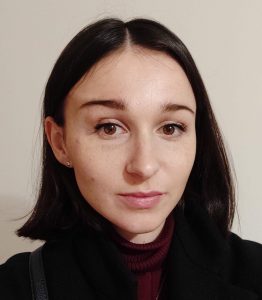
Sofia Orsino – Univeristà Ca’ Foscari Venezia
Bibliography until 2020
Research areas in IUS ILLUMINATUM: The Legal Manuscripts of the Florentine Abbey
Sofia Orsino is post-doctoral fellow at Ca’ Foscari University of Venice, where she is working in the ERC project Polyphonic Philosophy as paleographer and codicologist (https://pric.unive.it/projects/polyphonic-philosophy/home). She is carrying on the analysis of a group of 12th-century logical manuscripts, most of which are composite manuscripts containing gatherings of mixed material, such as commentaries on Latin poetry and juridical collections.
In 2022 she attended the 7th International Training Course on manuscript’s issues, promoted by SISMEL (International Society for the study of Medieval Latin Culture), and in 2021 she defended her PhD dissertation in Latin Paleography at the University of Florence (at SAGAS department). Her doctoral research has concerned the library of the so-called Badia of Florence of which she has drawn the catalogue of the Latin manuscripts (11th-15th centuries). A book derived from her dissertation will be published in 2024 by SISMEL-Edizioni del Galluzzo.
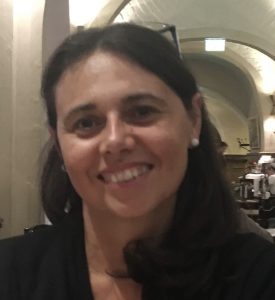
Viviana Persi – Université Lille 2 Droit et Santé – Centre d’Histoire Judiciaire
Personal page on Academia.edu
Research areas in IUS ILLUMINATUM: Juridical Analysis of Roman Law Illuminated Manuscripts
Viviana Persi graduated Archivist-Paléographe of the Ecole Nationale des Chartes in 2014 with a thesis in Legal History, under the supervision of professor Patrick Arabeyre. She studied at La Sapienza – Università di Roma (Faculty of Law and Scuola Speciale per Archivisti e Bibliotecari). Presently, she is a PhD student at the Centre d’Histoire Judiciaire (CHJ) – Université de Lille 2 – Faculté de Droit et Santé, working on a thesis entitled “La transposition du langage juridique en langage figuratif dans les manuscrits juridiques enluminés XIIIe-XVe siècles. » Her chief research interests include the history of institutions and the diplomatic edition of medieval and modern law sources, with special attention to notarial protocols, deeds, and court documents. Her research work in those fields, for which she has obtained three scholarships, was done mainly at the Bibliothèque nationale de France, the Archivio di Stato di Roma, the Archivio di Stato di Siena and the Università di Roma 3. She has presented the results of this research at several conferences, both in Italy and abroad (Max Plank Institut für europäische Rechtsgeschichte, Frankfurt, 12-17 July 2009). She is currently working on medieval illuminated legal manuscripts and has discussed the first results of her work at a seminar in the Faculty of Law of Ghent (29 March 2019).
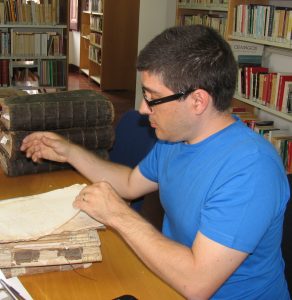
Pedro Pinto – CHAM – Centre for Global History (NOVA/FCSH)
Bibliography until 2021
Research areas in IUS ILLUMINATUM: … …
Pedro Pinto is a palaeographer and researcher specializing in Medieval and Early Modern Portugal. He has been participating since 1999 in the project aiming at publishing the Portuguese Royal Medieval Chancillery Books as well as Medieval and Early Modern Portuguese Parliamentary Records, based at Centro de Estudos Históricos (Universidade Nova de Lisboa). Since 2008, he is a collaborator of BITAGAP (Bibliografia de Textos Antigos Galegos e Portugueses) online database, which records pre-1500 Portuguese texts dealing with Chronicles, Literature, Law, Medicine, Music and other cultural areas. In the course of these and other research projects he has visited close to 150 archives in Portugal, paying close attention to medieval parchment fragments reused as bindings in the Modern Era. Recent works include: “A fragment of the Reforma das Ordenações de D. Afonso V”, in collaboration with José Domingues (2017); “Um fragmento em português do Ordo Iudiciarius de Tancredo”, in collaboration with José Domingues (2016); “Fragmentos de pergaminho na Torre do Tombo : um inventário possível (1315-1683)” (2014); and “Um novo fragmento português medieval da Terceira Partida de Afonso X” (2009).
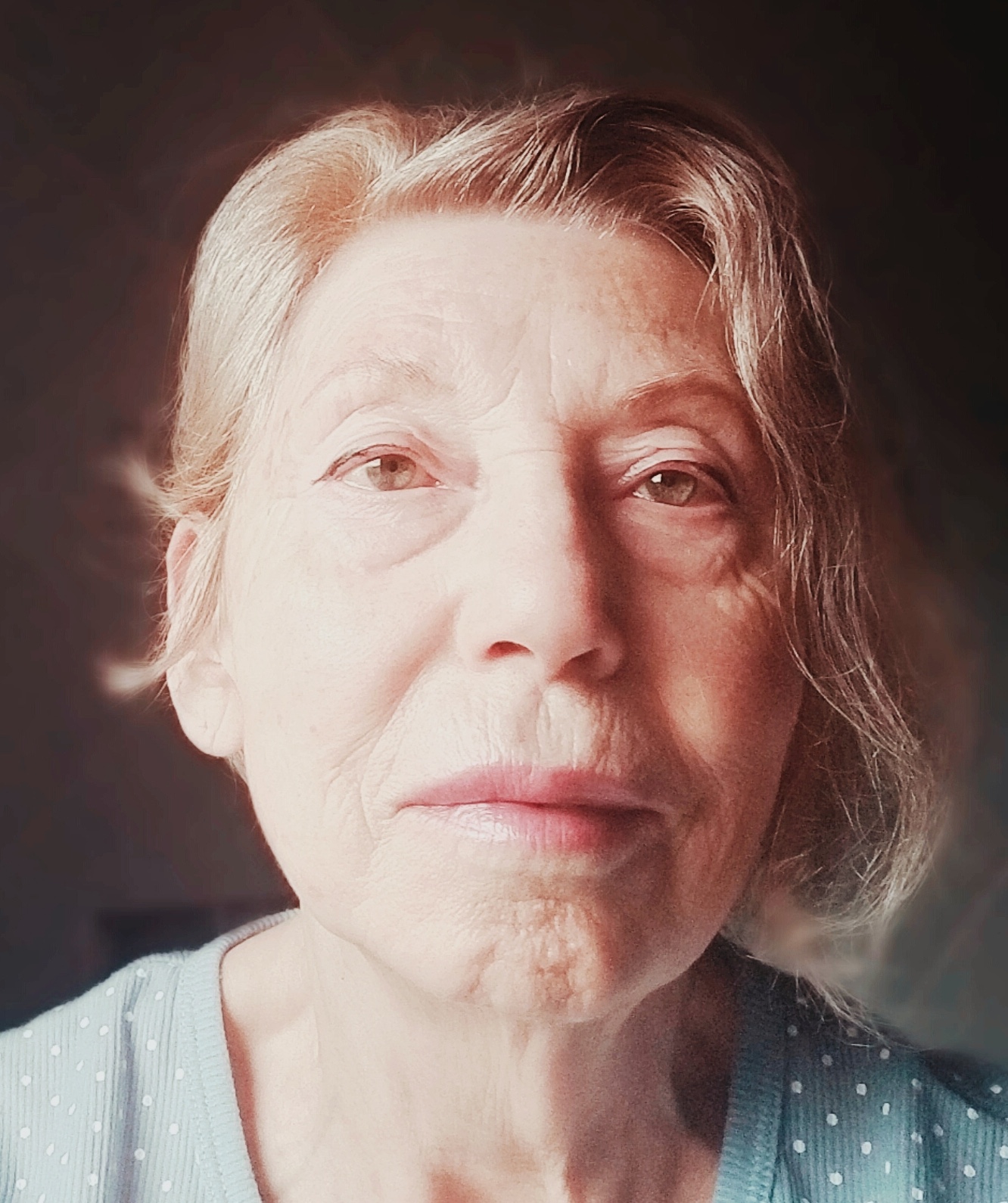
Gabriella Pomaro – S.I.S.M.E.L – Società Internazionale per lo Studio del Medioevo Latino in Florence
Personal Page on Academia.edu
Bibliography until 2025
Research areas in IUS ILLUMINATUM: … …
Dr. Gabriella Pomaro is a researcher at S.I.S.M.E.L – Società Internazionale per lo Studio del Medioevo Latino in Florence, specializing in the palaeography and codicology of medieval manuscripts from Central Europe, Italy, Spain, and France. As the head of the Paleographic Section, she oversees three databases: CODEX (Inventory of Medieval Manuscripts of Tuscany), ABC (Ancient Camaldolese Library), and MaDoc (Manuscripta Doctrinalia), the latter focusing specifically on legal manuscripts.
In collaboration with Prof. Agostino Paravicini Bagliani, Dr. Pomaro organizes an annual course on manuscript studies that includes a final cataloguing phase, as well as an annual study day on manuscripts since 2014.
Additionally, Dr. Pomaro serves as the director of the online, open-access journal «Codex Studies» and the Codex Library series.
She is the author of numerous studies and catalogues, including the Catalogue of th Feliniana Library of Lucca, which features an extensive legal collection and is currently working on a manual of codicography.
.
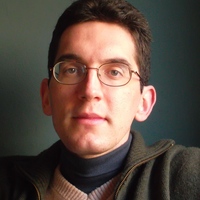
Rafael Ramis-Barceló – Universitat de les Illes Balears
Research areas in IUS ILLUMINATUM: … …
Rafael Ramis-Barceló (Mallorca, 1983) is Senior Lecturer in Legal History at the University of the Balearic Islands and Deputy Director of Instituto de Estudios Hispánicos en la Modernidad (IEHM). He graduated in Law, Philosophy, Comparative Literature, Political Science and Sociology and obtained a Ph.D. in Law from the Universitat Pompeu Fabra (Barcelona). He has done research in Paris, Rome, London, München, Freiburg, and the Max-Planck Institut for European History of Law (Frankfurt). He specialized in the History of Medieval and Modern Political and Legal Thought, and specifically in Legal Methodology (Erasmus, Agricola, Ramus) and in the debates about Natural Law from the thirteenth century onwards. In parallel, he has published several works on the history of universities and academic institutions, especially in the Crown of Aragon, in which he analyzed not only the legal traditions, but also the survival of the scholastic method in the Spanish Universities during the modern era. However, his most prolific field of research is Lullism. He studied especially Ramon Llull’s concept of Law and its projection in history, Lullian institutions, and the history of Lullism. With Dr. Pedro Ramis he has translated into Spanish the Visigothic Liber Iudiciorum and two legal works by Llull, Ars de iure and Ars brevis quae est de inventione iuris.
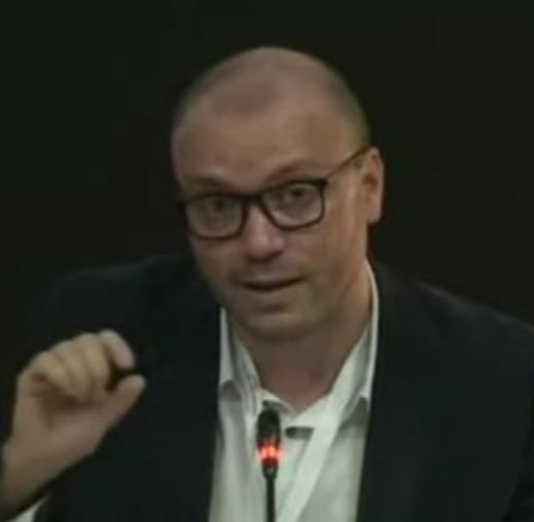
Francesco Renzi – Universidade Católica Portuguesa (UCP)
Personal page on Academia.edu
Bibliography until 2019
Research areas in IUS ILLUMINATUM: how papal legislation and dispositions were concretely received in North-west Iberia and if they were effectively applied on a local scale
Francesco Renzi received his PhD in History from the University of Bologna “Alma Mater Studiorum” (2013). He worked as post-doctoral researcher at the Leiden University-Institute for History and he was FCT postdoctoral fellow at the Centro de Investigação Transdisciplinar Cultura, Espaço e Memória-Faculdade de Letras da Universidade do Porto (CITCEM-FLUP). From March 2019, he is researcher at the Universidade Católica Portuguesa (UCP) and at Centro de Estudos de História Religiosa (CEHR). He teach History of Medieval Christianity (Licenciatura em Teologia, 2021-) and History of Medieval Church (Mestrado Integrado em Teologia, academic years 2021-2022 and 2022-2023) at the Faculty of Theology of the Universidade Católica Portuguesa.He also teach History of Historiography at FLUP (2023-), and he collaborate, at the same university, in the course Theory and Typology of Sources in History (academic year 2024-2025). His main research interest lies in the History of the Catholic Church in Italy and in the Iberian Peninsula between the eleventh and the thirteenth centuries. In the last year, he developed a research interest for the papal legates in the Iberian Peninsula and their relationship with Galicia and Portugal between the eleventh and the twelfth century. By collaborating with IUS ILLUMINATUM, he would like to explore how papal legislation and dispositions were concretely received in North-west Iberia and if they were effectively applied on a local scale. This approach will be very helpful in order to reconsider the real impact of the so-called “Gregorian Reform” in this area of the Iberian Peninsula in light of the most recent acquisition of international scholarship in particular in Italy and Germany.
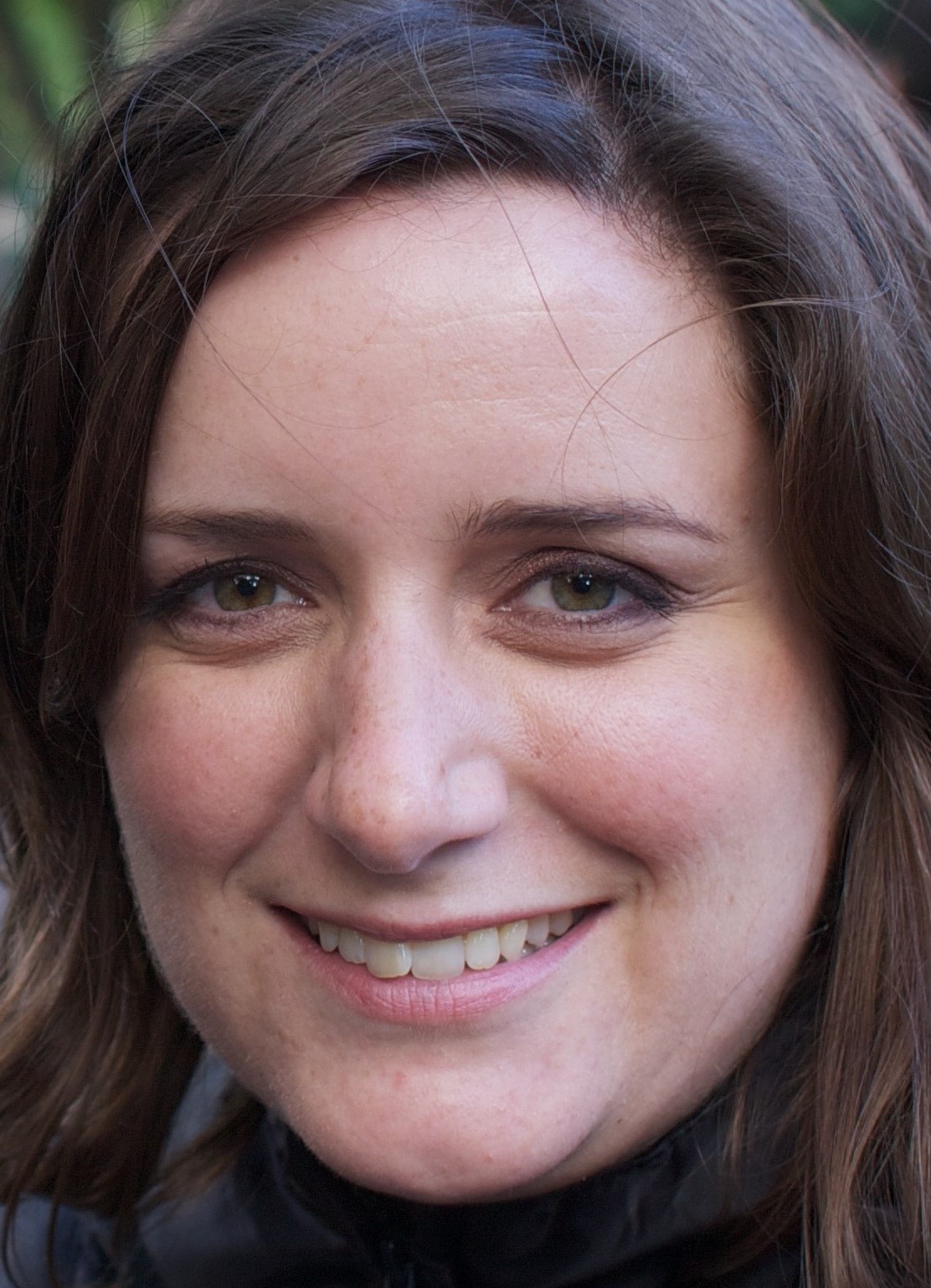
Filipa Roldão – Centro de História – Universidade de Lisboa
Bibliography until 2021
Research areas in IUS ILLUMINATUM: … …
FILIPA ROLDÃO (Lisbon, 1981) has completed a B.A. in History (2003) and a Master in Palaeography and Diplomatics (2007) at the University of Lisbon, and also a Ph.D. (2011) at the same institution with a thesis entitled «A memória da cidade. Administração urbana e práticas de escrita em Évora (1415-1536)» (e-book, CIDEHUS, 2017). In 2012, she was granted a post-doctoral fellowship by the Foundation for Science and Technology, entitled «Cities of the Kingdom. Cities of Asia: models and practices of municipal administration (16th and 17th centuries). From Évora to Cochim and Macao». She is currently Assistant Researcher at the Centre for History of the University of Lisbon (since 2019) and she is researcher collaborator at the Institute of Medieval Studies (FCSH-UNL). She is the principal investigator of the research project Portuguese municipal charters in the Middle Ages: an historical and linguistic approach in the digital era (PTDC/HAR-HIS/5065/2020, from 2021 to 2024) also makes part of the research team of the project Think big on small frontier towns: Alto Alentejo and Alta Extremadura leonesa. 13th – 16th centuries (PTDC/HAR-HIS/3024/2020, from 2021 to 2024). Her main research interests and publications concern written culture in medieval Portuguese cities and also in overseas urban administration (especially, on production of municipal books, written communication and municipal archives), and also edition of Latin and Portuguese manuscripts.
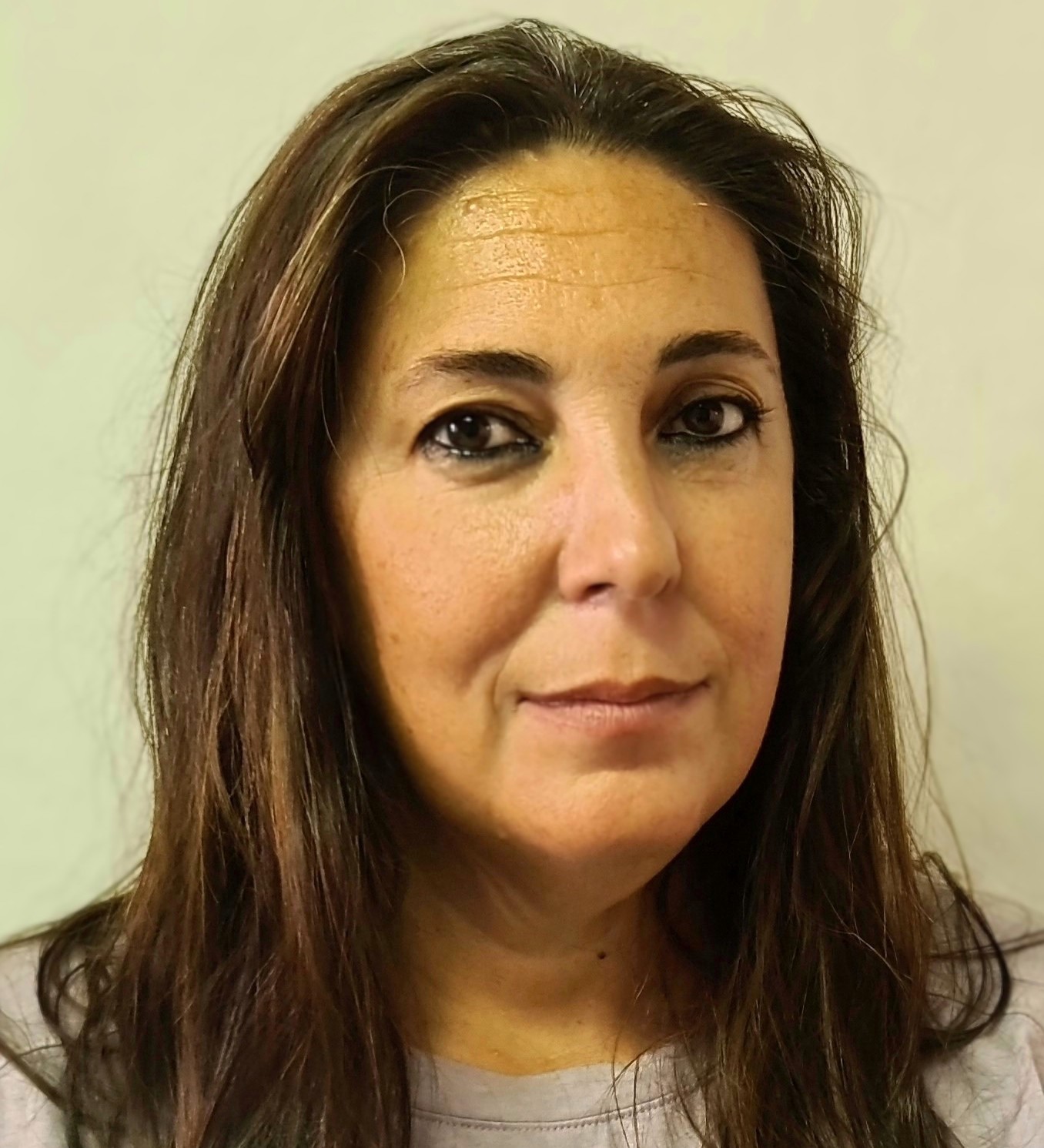
Valentina Ruzzin – (Università di Genova)
Bibliography until 2022
Research areas in IUS ILLUMINATUM: Medieval Notaries In All Their Aspects and Declinations, Including Graphical Expertise
Valentina Ruzzin is a researcher in Diplomatics and Latin Paleography at the University of Genoa. She studies medieval notaries in all their aspects and declinations, including graphical expertise. She is a member of the international research groups: Les cartulaires italiens, Xe-XVe siècle (MECA project – Medieval European Cartularies – École française de Rome); NOT-MED. El notariat públic en la Mediterrània Occidental: escriptura, institucions, societat i economia (segles xiii-xv), dedicated to establishing comparative studies and frameworks between the experiences of the western Mediterranean and the Notariorum Itinera (Interdepartmental Research Center for the History of the Notary, https://notariorumitinera.eu/).
She has collaborated with various Italian and foreign research institutions in various documentary research activities (including thematic research on unpublished works from the 12th-15th centuries) and, among the more than 30 publications to date, he has critically edited some medieval notary units. (Guglilelmo da Sori, 1190, 1195, 1200-02, and Antonio de Inghibertis de Castro, 1330-1346) which are a source of great interest for the history of the territory and of the municipal magistrates
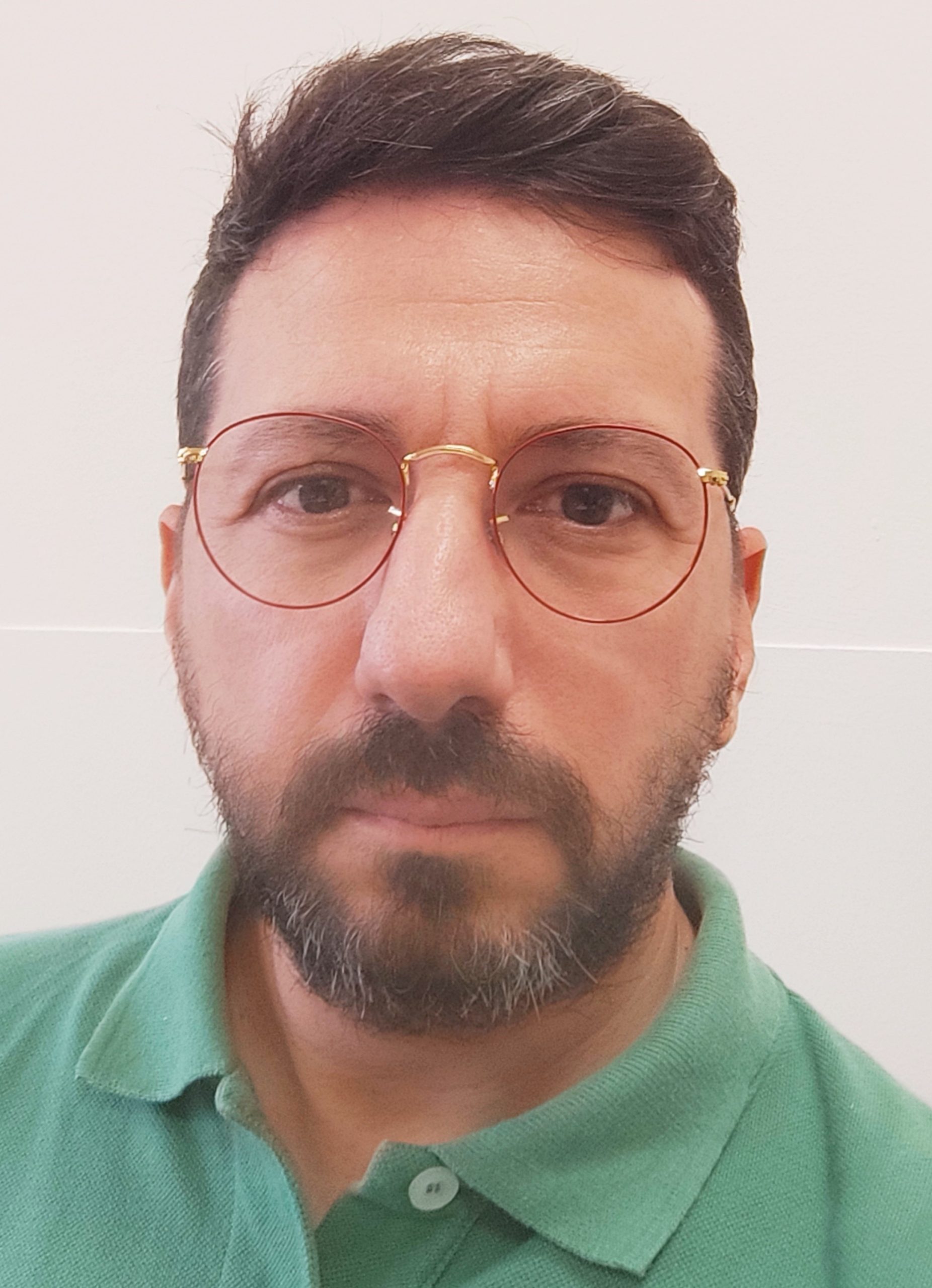
Attilio Stella – Università di Verona
Bibliography until 2024
Research areas in IUS ILLUMINATUM: … … …
Attilio Stella, PhD in Medieval History from the University of Trento – Istituto Storico Italo-Germanico (2014), is a full-time researcher at the University of Verona. He studied at the École Normale Supérieure de Paris, rue d’Ulm (2012–2013), and served as an Early Stage Researcher at Tel Aviv University within the Marie Sklodowska-Curie ITN project “Power and Institutions in Medieval Islam and Christendom” (2013–2016). He later worked as a research fellow at the University of St Andrews on the ERC-funded project “Civil Law, Common Law, Customary Law” (2017–2021). His research combines methodologies from history, law, and anthropology, focusing on themes such as the interplay between law and custom—particularly feudal law and feudal customs within the Western European tradition—as well as lordship, rural societies, and social change in northern Italy between the eleventh and fourteenth centuries. Dr. Stella is the author of Ai margini del contado (Firenze University Press, 2022) and The “Libri Feudorum” (The ‘Books of Fiefs’) (Brill, 2023). He is currently the Principal Investigator of the project “Communities and Custom in the European Legal Systems,” funded under the programme NextGenerationEU. This project investigates social, legal, and intellectual transformations in Western Europe (Italy, France, England) during the twelfth century through a threefold comparative approach—examining different regions, sources, scribal practices, and historiographical traditions.

Martin Sunnqvist – Lunds Universitet
Bibliography until 2020
Research areas in IUS ILLUMINATUM: Texts and Iconography Relating to the Impartiality of Judges
Martin Sunnqvist is a professor of legal history at Lund University, Sweden, and an académicien of the Académie Internationale d’Héraldique. His research focuses on the role of judges from a procedural and a constitutional point of view. He wrote his dissertation about the role of judges in developing judicial review of legislation in the Nordic countries in the 19th and 20th centuries. That theme was related to an interest in researching the impartiality and independence of judges and their role in upholding the rule of law. The professional ethics of judges can be traced to texts from the middle ages, and that is the present research interest of Martin Sunnqvist. According to medieval texts, judges had to be impartial and independent in their minds. This was expressed through a requirement that they should not give wrongful judgments, neither for love nor hate, neither for entreaty nor reward, neither for fear nor favour. Such phrases occur in judges’ oaths but also in other types of texts relating to the behaviour of judges. Such requirements for the professional ethics of judges occurs also in iconography, established during the middle ages. The symbol of Justitia, with the sword and scales and sometimes the blindfold, reminded judges of their duties. In his research, Martin Sunnqvist combines an analysis of texts and iconography related to the ethics of judges.

Rogerio Tostes – CIDEHUS – Universidade de Évora
Bibliography until 2021
Research areas in IUS ILLUMINATUM: Illuminated Representations of the Forms of Justice, Authority and Status Pact in the Legal Manuscripts of the Crown of Aragon
Rogerio Ribeiro Tostes is PhD awarded excellent cum Laude in Medieval History at University of Lleida, Spain, under the direction of Dr. Flocel Sabaté. Researcher invited at the Pontificia Università Antonianum, Rome, under the direction of Dr. Paolo Evangelisti. Also invited to carry out a research internship under the supervision of Dr. François Foronda, at the Laboratoire de Médiévistique Occidentale de Paris (Lamop), France. He is collaborating researcher of the Interdisciplinary Centre for History, Culture and Societies (Cidehus) at University of Évora and associate member of the Consolidated Research Group Espai, Poder i Cultura, recognized and subsidized by the Generalitat de Catalunya, Spain. Master in History from the Federal University of Paraná (2011), and graduated in Law at Pontifical Catholic University of Paraná (2007). Adjunct Professor of History of Law at FAE-Franciscan University Center (2012-2014) and Faculdade de Educação Superior do Paraná, Brazil (2017-2020). During the period of PhD research, I was member of the Project called “Mercados alimenticios en la Edad Media: actores, mecanismos y dinámicas”, conducted by Drs. Pere Benito (Lleida) and Antoni Riera (Barcelona), funded by the Ministry of Economy of Spain, (HAR2012-31802, MINECO). Currently, the autor is working on the preparation of a study and a critical translation of Martín de Azpilcueta’s book Tratado Resolutorio de Cambios, notorious member of the Salamanca School in 16th century, wich most to be published soon in the collection Res Nummariae Scriptores coordinated by Bruno Callengher, integrated in the Italian project ResRic-DiSU conducted by Dr. Fabio Finotti at University of Trieste.
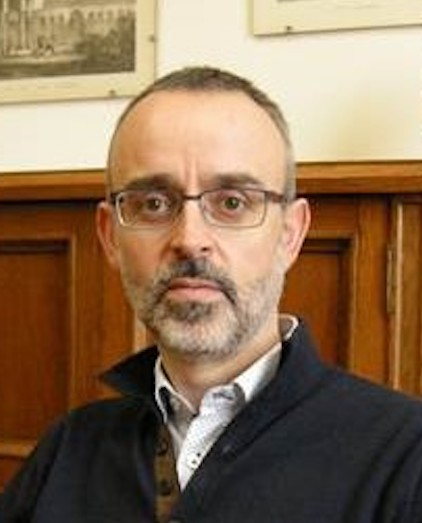
Pere Verdés Pijuan – Institución Milà i Fontanals, Consejo Superior de Investigaciones Científicas (CSIC)
Bibliography until 2024
Research areas in IUS ILLUMINATUM: … … …
PhD in Geography and History (Medieval History) from the University of Barcelona, he has been a tenured scientist at the CSIC’s Institución Milà i Fontanals since 2005 and he is currently in charge of the line of research “Taxation and Public Finances in the Crown of Aragon (13th-15th Centuries)”. This line was created in 1989 by M. Sánchez, and since 2008 its research has been carried out in the framework of the successive R+D projects directed by P. Verdés. With regard to his research subjects, to date he has concentrated fundamentally on the study of the origins, the structure and the evolution of the municipal tax office in Catalonia during the Middle Ages. In relation to this subject, he has also studied the origin of public debt, the making of the fiscal discourse and the construction of political identity in Catalan cities from the thirteenth to fifteenth centuries. Mention should be made of his particular interest in the processes of urban fortification and the trade saffron in Catalonia in the late Middle Ages. Lastly, among other things, one must remember that P. Verdés directs the Critical Glossary of Medieval Taxation, together with D. Menjot, and he belongs to the management committee of the thematic research network “Arca Comunis”, dedicated to the study of taxation in the Hispanic kingdoms since the thirteenth century.
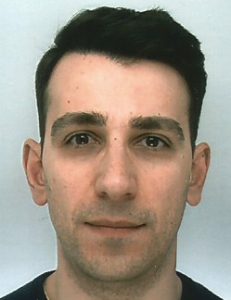
André Vitoria – Faculdade de Ciências Sociais e Humanas (NOVA FCSH), Instituto de Estudos Medievais (IEM), Lisboa
Research areas in IUS ILLUMINATUM: The Service of Art: Literary and Iconographic Representations of the Juvénal des Ursins Family.
André Vitoria is a comparative historian of law and politics in the later Middle Ages, with a particular interest in the influence of juristic and publicist thought on legal and political practice. He is a research fellow at NOVA FCSH in Lisbon, a member of the Instituto de Estudos Medievais and the Laboratoire de Médiévistique Occidentale de Paris (LAMOP). He obtained his PhD from the University of Porto in 2013. Following this, he was a postdoctoral researcher for two years at the University of Amsterdam, as part of an international research project funded by the 7th Framework Programme of the European Commission, entitled Anticorruption Policies Revisited: Global Trends and European Responses to the Challenge of Corruption. His work in Amsterdam consisted in comparing the efforts of late medieval royal governments in France, England and Portugal to deal with the problem of corruption. His interest in exploring the tensions and compromises between an ill-defined public sphere and the myriad private interests of political actors grew from there and forms the basis of his current research, which studies the contribution of litigation at the Paris Parlement to political debate about the organisation of civic life and the exercise of public authority between c. 1450 and c. 1500. Main publications: ‘Late Medieval Polities and the Problem of Corruption: France, England and Portugal 1250-1500’, in Anticorruption in History: From Antiquity to the Modern Era, ed. R. Kroeze, A. Vitória et G. Geltner (Oxford, 2018) 77-89; ‘The Season of Show and Tell, Or How Afonso IV Redrew the Jurisdictional Map of Fourteenth-Century Portugal’, in Medieval Studies in Honour of Peter Linehan, ed. F. J. Hernández, R. Sánchez Ameijeiras and E. Falque (Florence, 2018), 449-92; ‘Two Weddings and a Lawsuit: Marriage Litigation in Fourteenth-Century Portugal’, The Journal of Ecclesiastical History 67/3 (2016) 513-67; ‘A little known version of Oldradus de Ponte’s consilium no. 83?’, Initium: Revista catalana d’història del dret 17 (2012) 169-207.

Mathieu Vivas – Université de Lille – IRHiS
Research areas in IUS ILLUMINATUM: the Right to Punish and Penal Constraint, Mainly Hanging, by an Interdisciplinary Approach (Texts, Images and Archaeological Data)
Mathieu Vivas is a lecturer in Medieval history and archaeology at the Université de Lille, a member of the Institut de Recherches Historiques du Septentrion (UMR 8529) and a junior member of the Institut Universitaire de France. His scientific activity concerns justice in the Middle Ages and at the start of the modern epoch and involves re-examining the right to punish and penal constraint by an interdisciplinary approach (texts, images and archaeological data). In a proxemic reflection linking the signification and social representation of vestiges and objects, he proposes a re-interpretation of the forms and meanings of the places of judgement, confinement and execution. In short, he considers the development of justice and the models of punishment inflicted on the accused. This approach encourages a rediscovery of the spaces, the objects and the bodies produced by medieval justice as it reveals a concept of biopolitics/necropolitics in government methods. Since 2016, it has published, on an annual basis, articles and symposium proceedings on Justice, in particular : Les espaces carcéraux au Moyen Âge (2021) with M. Charageat and É. Lusset, Résister à la justice (XIIe-XVIIIe s.) (2020) with M. Charageat, B. Ribémont et M. Soula, (Re)lecture archéologique de la justice en Europe médiévale et moderne (2019) and Bordeaux and Charageat M., Les fourches patibulaires du Moyen Âge à l’époque Moderne. Approche interdisciplinaire (2016) with M. Charageat.

Lidia L. Zanetti Domingues – University of Sheffield
Bibliography until 2023
Research areas in IUS ILLUMINATUM: … …
Lidia L. Zanetti Domingues is Lecturer in Medieval History at the University of Sheffield. She holds a BA in History from the University of Milan, an M.St. in Medieval Studies and a DPhil in History from the University of Oxford. Her doctoral thesis focused on the influence of penitential spirituality on the development of systems of criminal justice in late medieval Italy, through the case study of the commune of Siena. Her first monograph, Confession and Criminal Justice in Late Medieval Italy. Siena, 1260-1330, has been published in 2021 by Oxford University Press as a re-elaboration of her thesis. She held postdoctoral positions at the Institute of Historical Research of the University of London and at the University of Milan, where she was a Marie Skłodowska-Curie Fellow. Her postdoctoral project explores the changes in attitudes to judicial violence in the period 1260-1360, using the communes of Siena, Pisa and Florence as case-studies. She has also held visiting fellowships at the Université du Québec à Montréal and at the Istituto Sangalli di Storia e Scienze Religiose of Florence. Prior to joining the University of Sheffield, she worked as Assistant Professor of Medieval History at the Vrije Universiteit Amsterdam. Her main research interests include the social history of religion, the history of criminal justice, women’s history, the history of emotions, and the history of Oriental Christian communities in medieval Europe.
Research Assistants
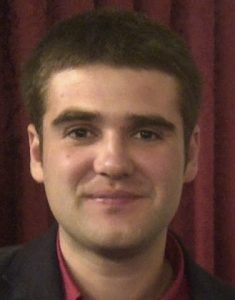
Enrique José Ruiz Pilares – Universidad de Cadiz – Research Seminar Agustín de Horozco of Medieval Social and Economic Studies
Research areas in IUS ILLUMINATUM: Application of Geographic Information Systems (GIS) to the Book Trade in Order to Understand the Dissemination of Books Through Medieval Europe.
Enrique José Ruiz Pilares is a Spanish medievalist who received his doctorate from the University of Cadiz in 2017. He is currently a postdoctoral research fellow at the Institute of Maritime History and Archeology (INHARMAR) in the University of Cadiz with a project to locate the commercial and fishing communities on the Atlantic coast of the Iberian Peninsula and to map their activities. He has been a member of the consolidated research seminar Agustín de Horozco in medieval social and economic studies in the University of Cadiz (UCA) since 2008. During this period he has specialized in the application of new technologies in the reconstruction of space, especially communication routes and sea routes. He has also applied Information and Communications Technology (ICT) to Social Network Analysis. Main publications: “El papel de los matrimonios en la configuración de las relaciones de poder en las elites bajomedievales castellanas: La aplicación del Social Networks Analysis en Jerez de la Frontera (1475-1500),” Norba: Revista de Historia 24 (2011) 11-34; in collaboration with Michel Bochaca, “Un exemple de relations commerciales entre le pays de Leon et l’Andalousie au début du XVIe siècle, d’après le compte d`un marchand de Morlaix,” Annales de Bretagne et des Pays de l’Ouest, 123-4 (2016) 7-34; with Daniel Ríos Toledano, “Redes comerciales entre la Andalucía atlántica y las islas Canarias a fines de la Edad Media: una mirada a través de los SIGs,” Revista de Historia Canaria, 200 (2018) 301-311; “El paisaje pesquero de Jerez de la Frontera a finales de la Edad Media: caladeros, flota, distribución y consumo,” Historia. Instituciones. Documentos 44 (2018) 377-405; in collaboration with José Antonio Mingorance Ruiz, “La movilidad social de las naciones extranjeras en las ciudades andaluzas bajomedievales: los Adorno y la sociedad política de Jerez de la Frontera (1470-1520),” Hispania 263 (2019), in press.
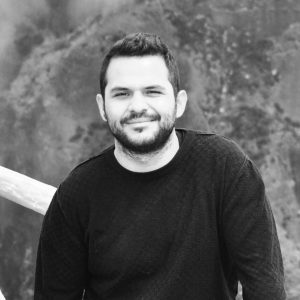
Rolando Volzone – DINÂMIA’CET – IUL, ISCTE – Instituto Universitário de Lisboa, and CHAIA – Centro de História da Arte e Investigação Artística, Universidade de Évora
Research area in IUS ILLUMINATUM: Digital Heritage Methodologies. The introduction of Digital Heritage Methodologies Allows for a 3D Digital Survey of Manuscripts – our Tangible Heritage – for Documentation, Preservation and Accessibility.
Rolando Volzone is an Italian architect who graduated from the University of Rome – La Sapienza in 2013. He is currently doctoral research fellow at DINÂMIA’CET – IUL (ISCTE-Instituto Universitário de Lisboa), with the project “Architectures of the Soul: Proposal for the Valorization of the Eremitical Architecture and Landscape in Alentejo from the 12th to the 16th Century”. He is founder and coordinator of two seminars Architecture of the Soul (November 2017 and 2018). From February to May 2018 he was training for the European PhD degree in digital surveying using methodologies of photogrammetry and 3D laser scanning at the University of Florence with Prof. Stefano Bertocci. During this period he took part in the campaign of digital documentation of the Galluzzo Charterhouse (Florence, Italy), and in May 2018 he participated as tutor of 3D digital surveying at the international workshop Reading and Designing the Kyrenia Castle (North Cyprus). He was founder and coordinator of the International Conference and Summer School Digital Survey of Religious Architecture (July 2018). Main publications: “Il rilievo della Certosa di Firenze: Catalogazione e analisi delle celle del chiostro grande per la gestione e la valorizzazione del complesso certosino” in Proceedings, VI Convegno Internazionale sulla documentazione, conservazione e recupero del patrimonio architettonico e sulla tutela paesaggistica. ReUSO, 2018; “The Portuguese Eremitical Congregation of the Serra de Ossa: Spatial Analysis of the Monastic Settlements,” Journal of Medieval Iberian Studies (2019, in press); “The Church of St. George in the Kyrenia Castle in North Cyprus: Bringing Out the Shape of Architecture,” Proceedings of the 23th International Conference on Cultural Heritage and New Technologies (in press).
